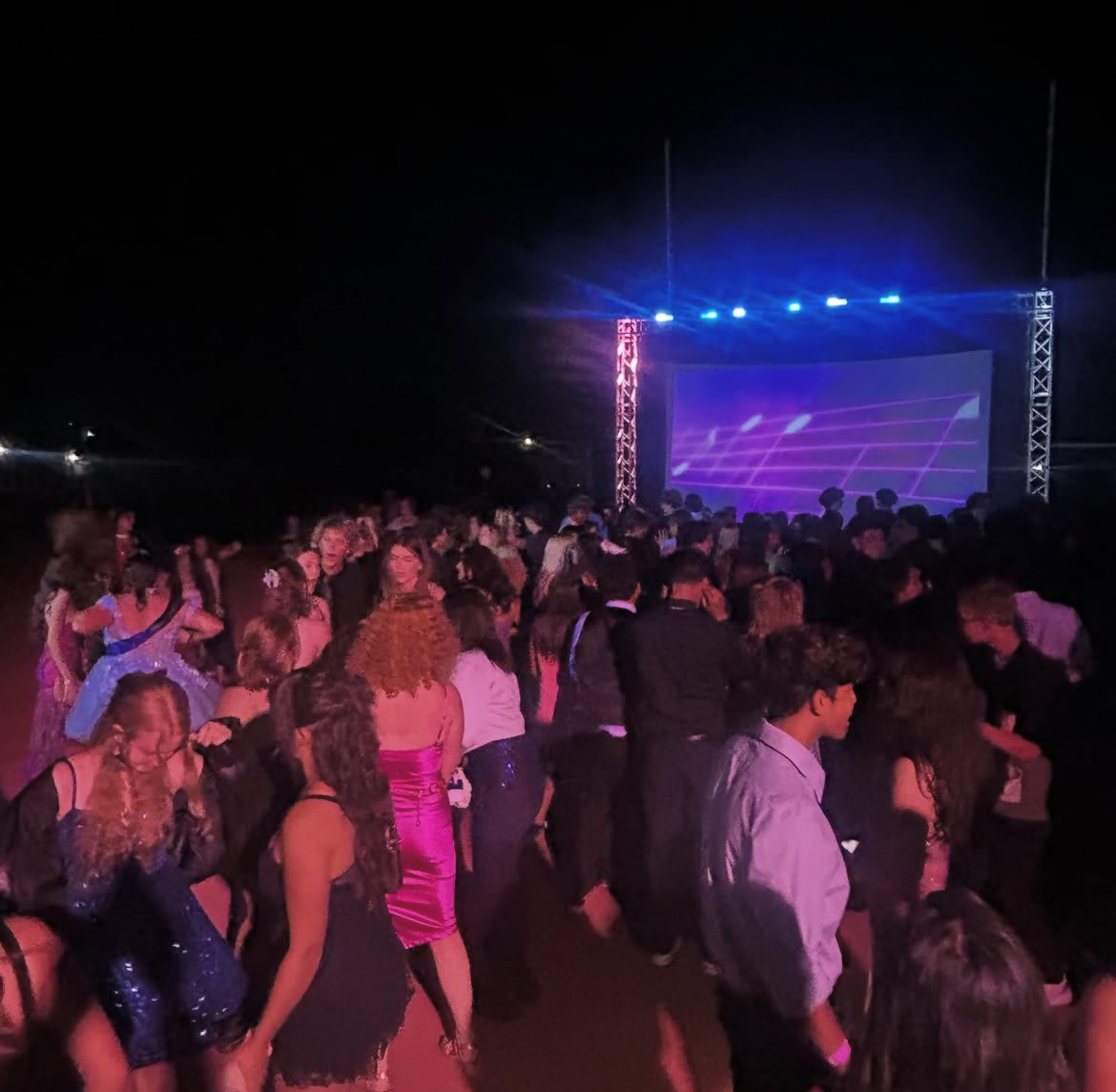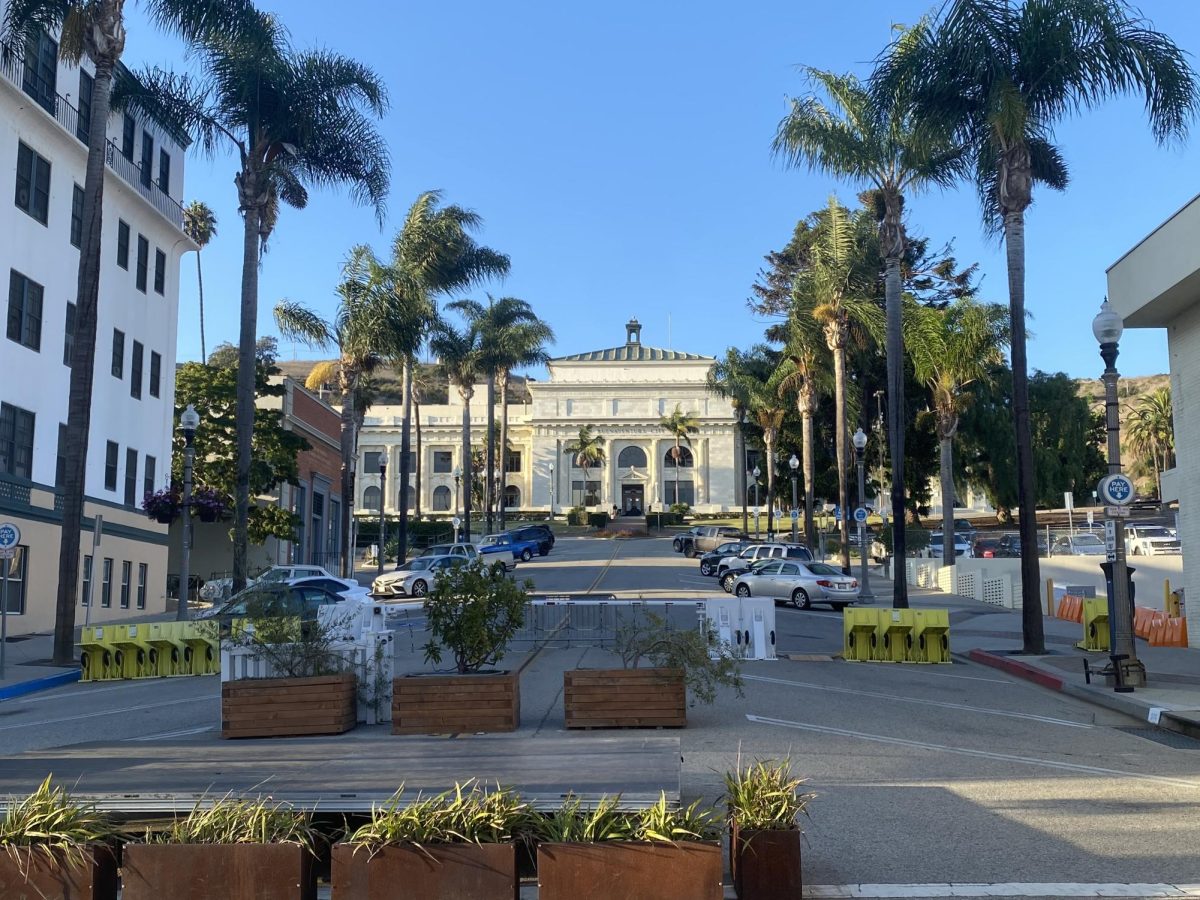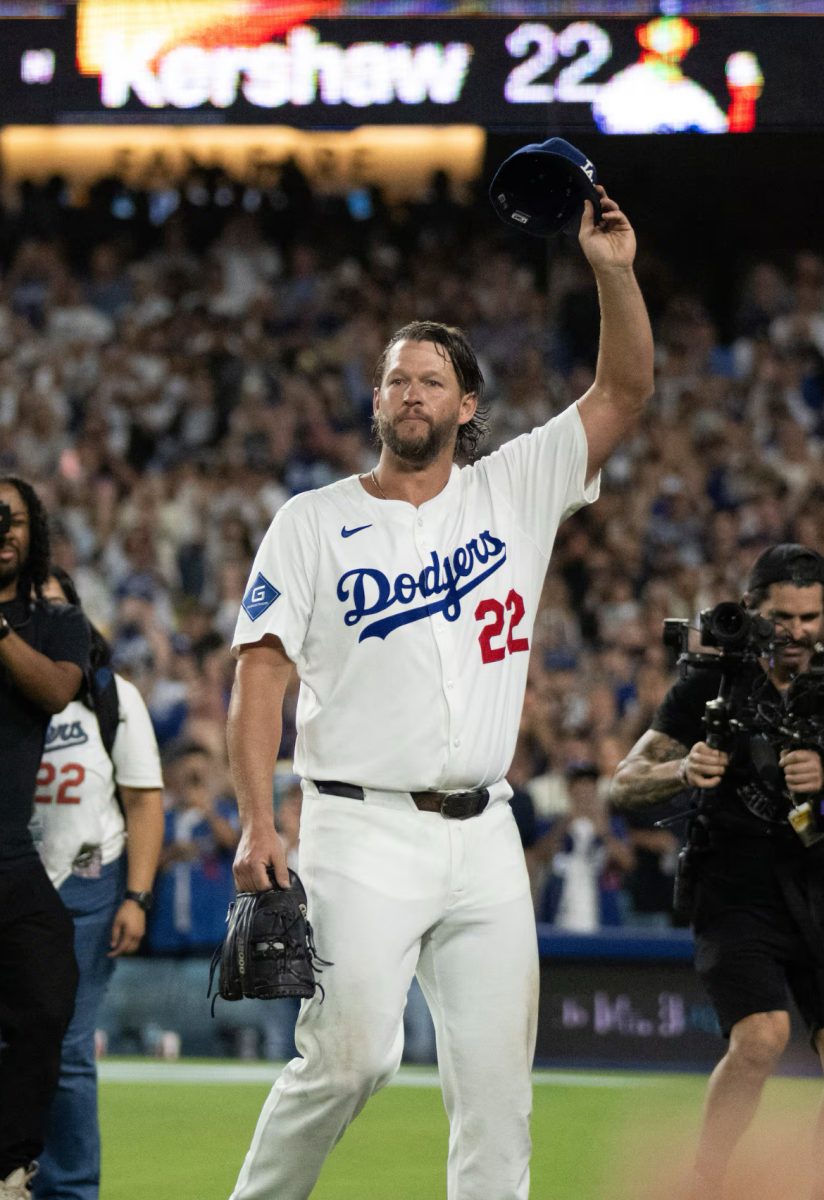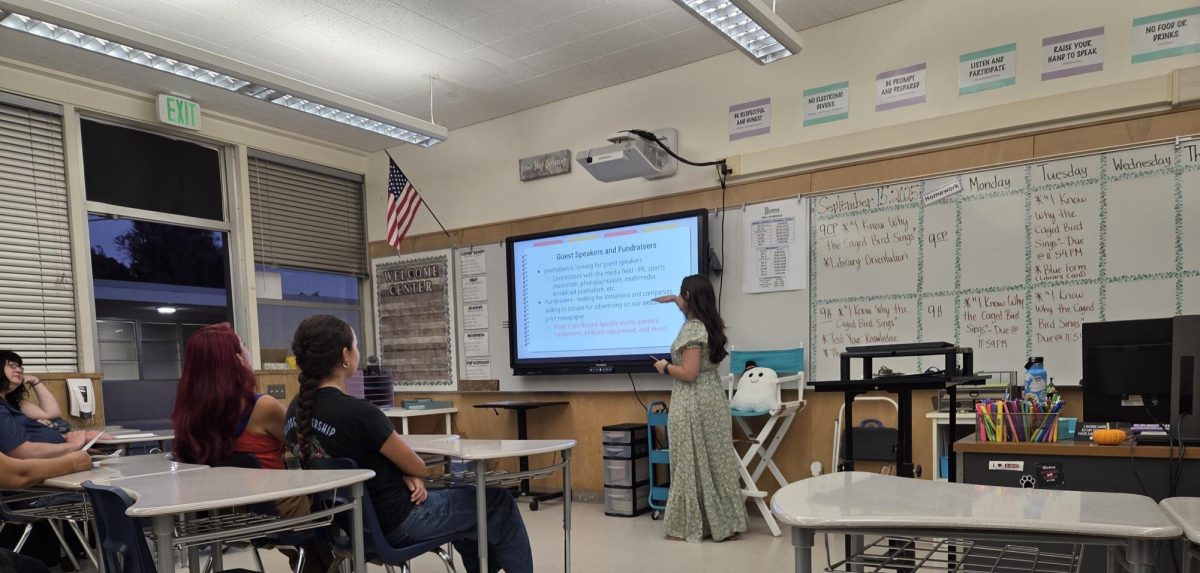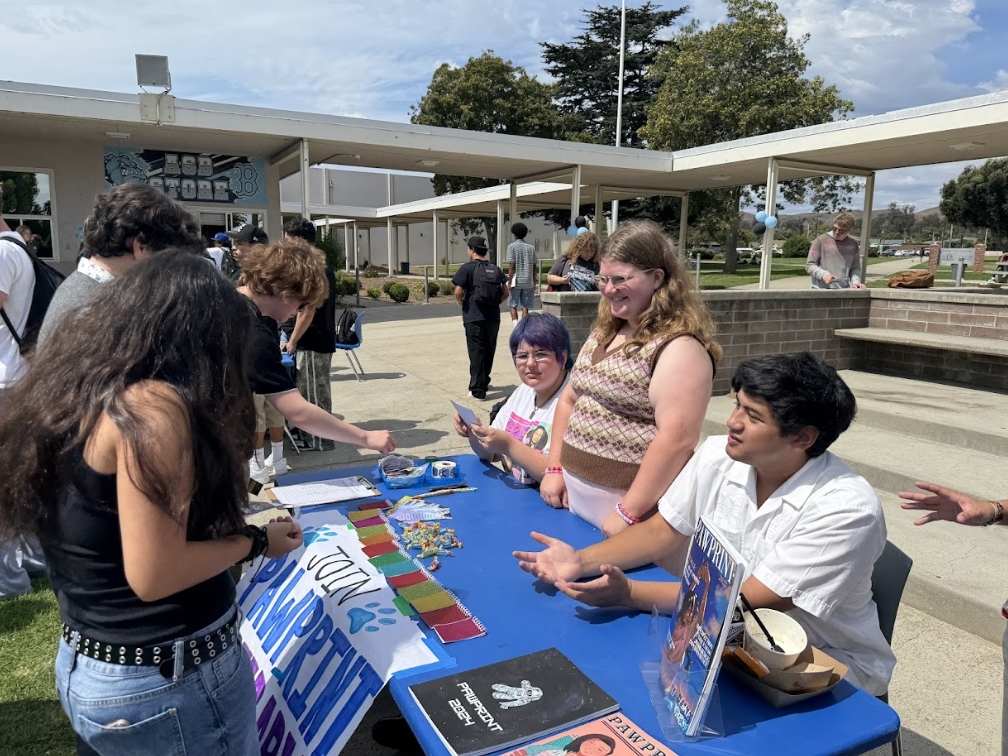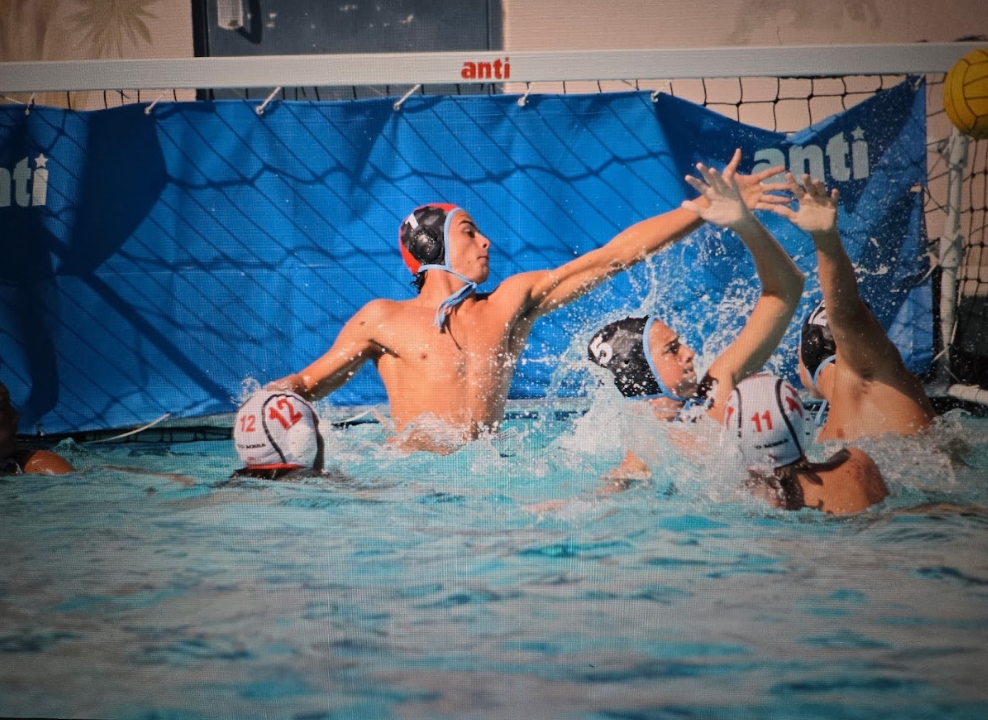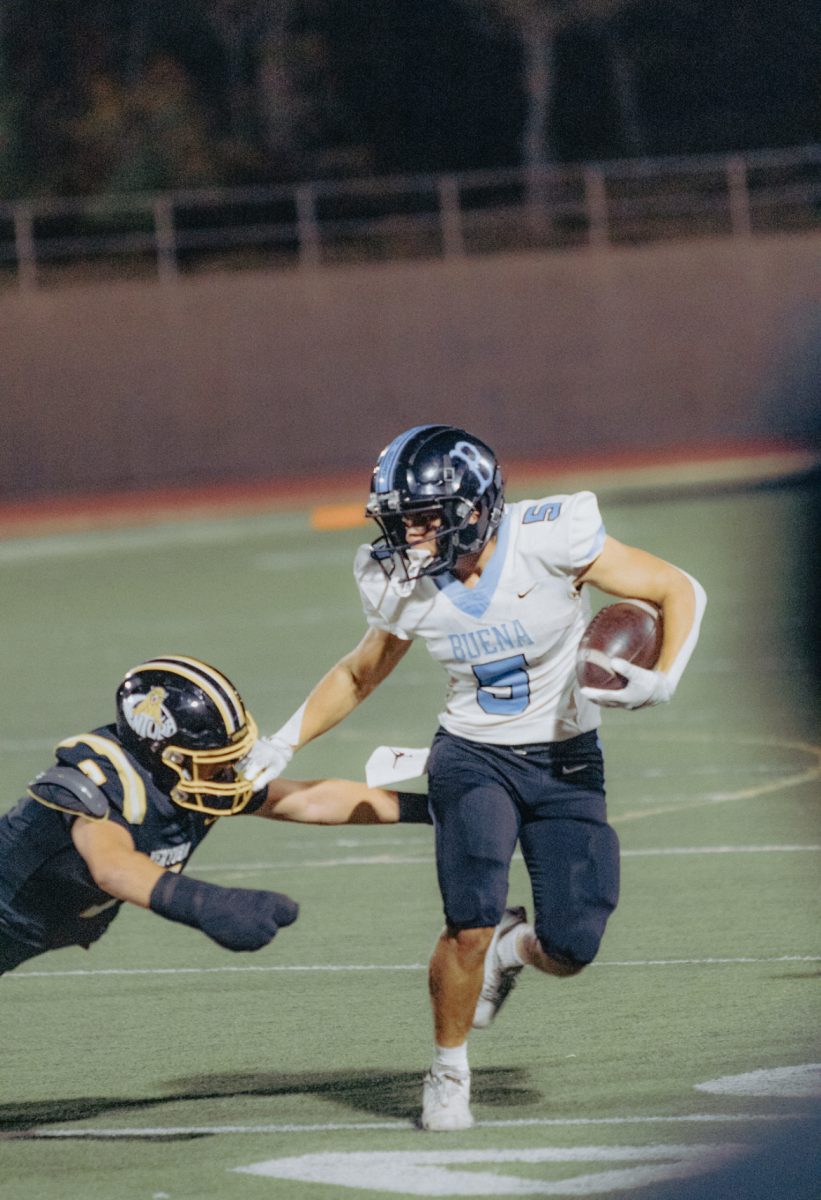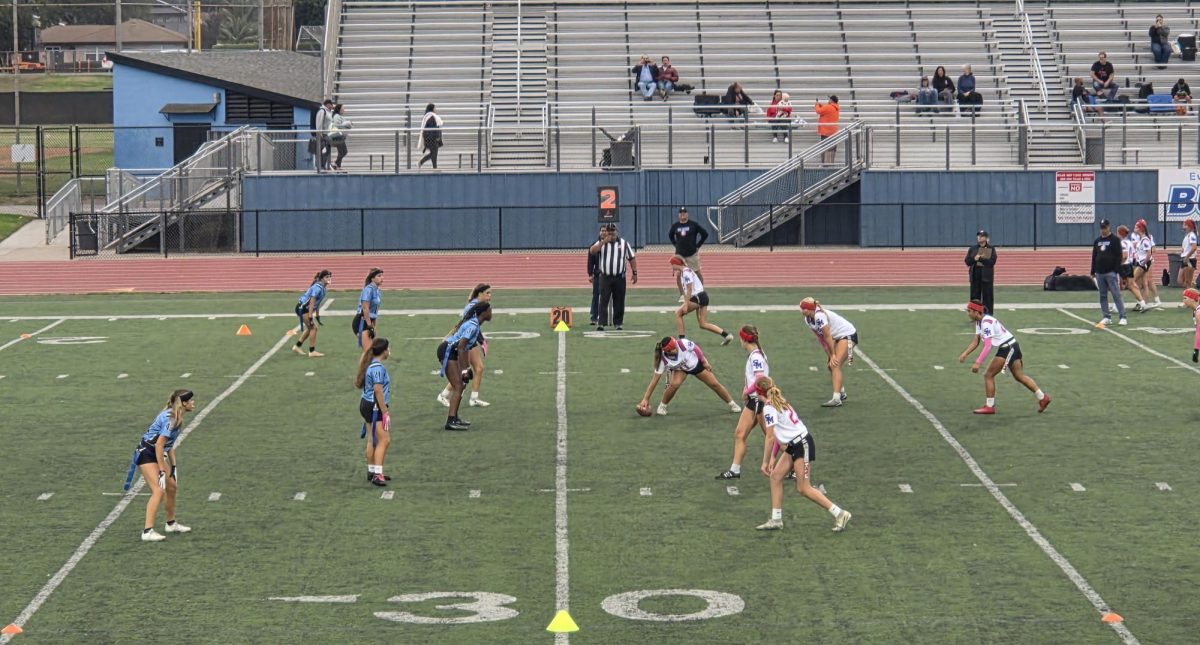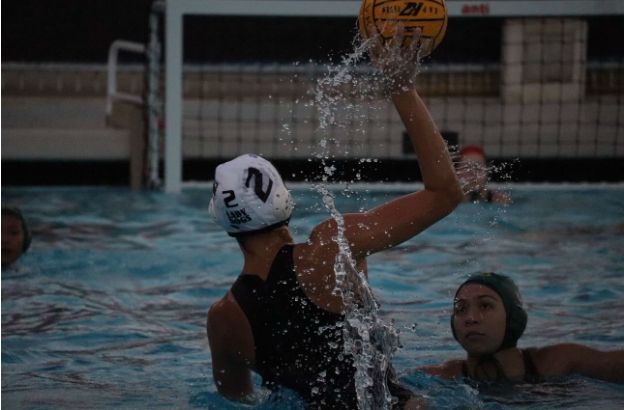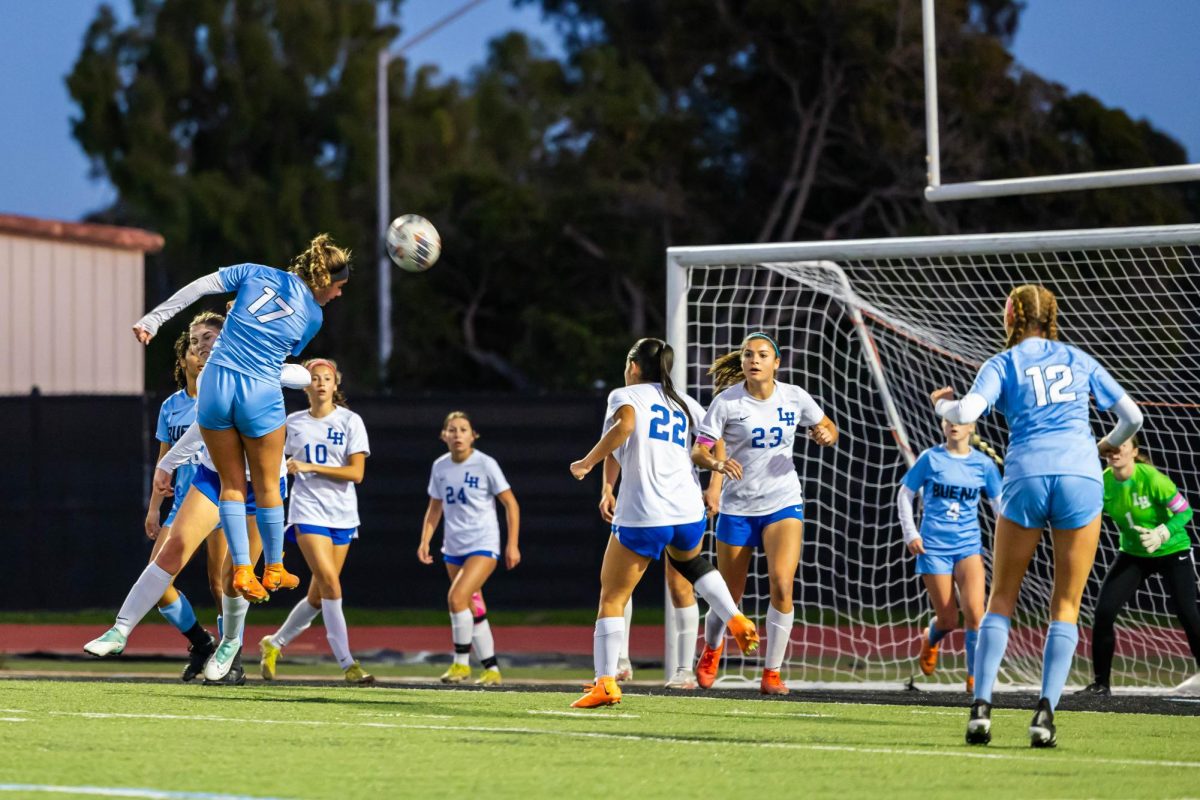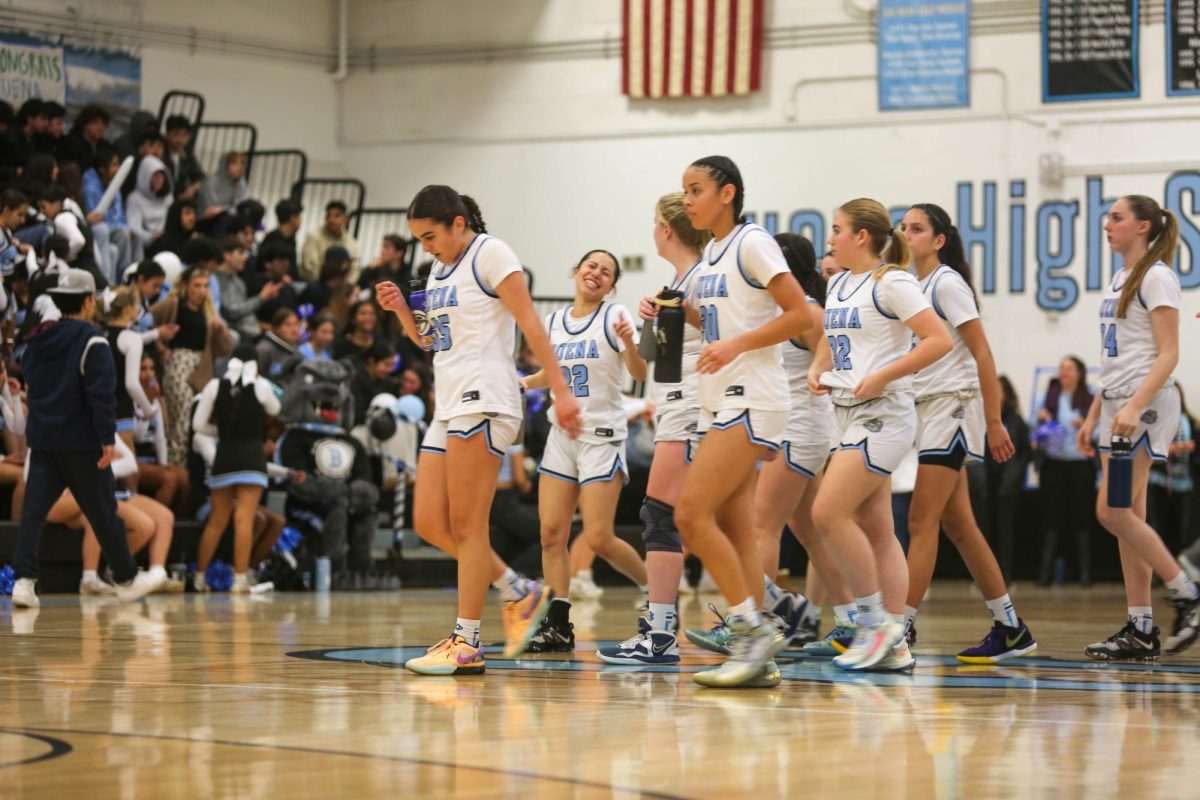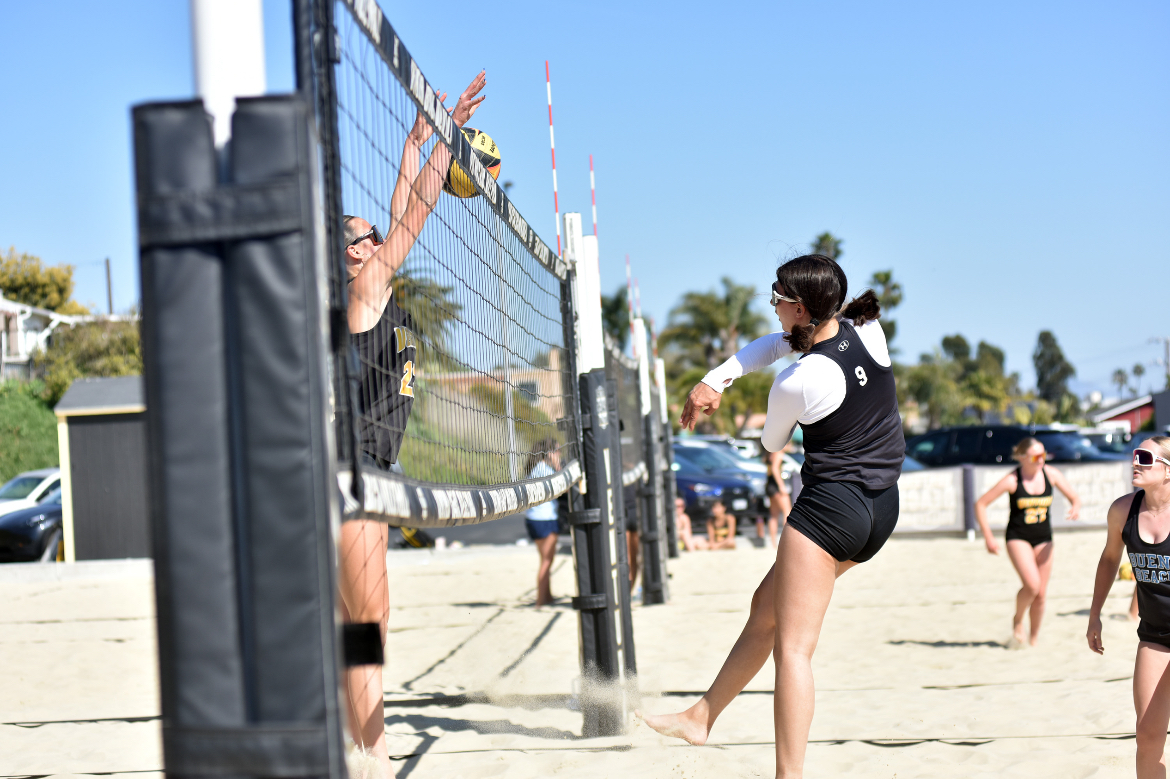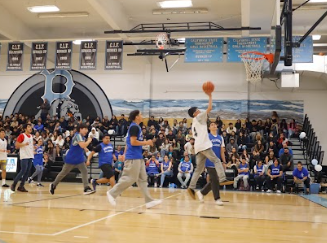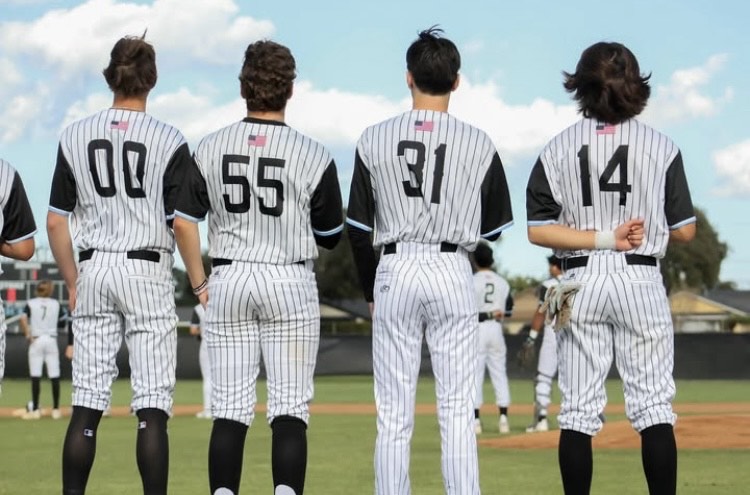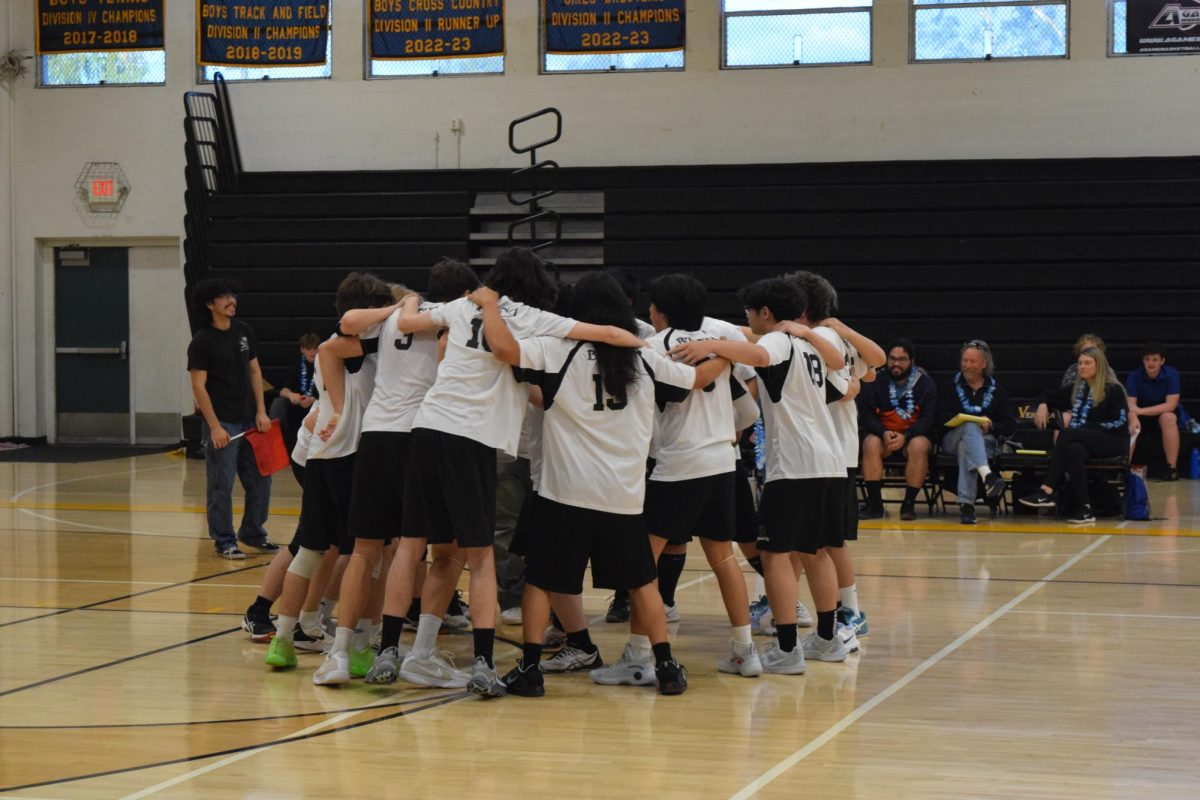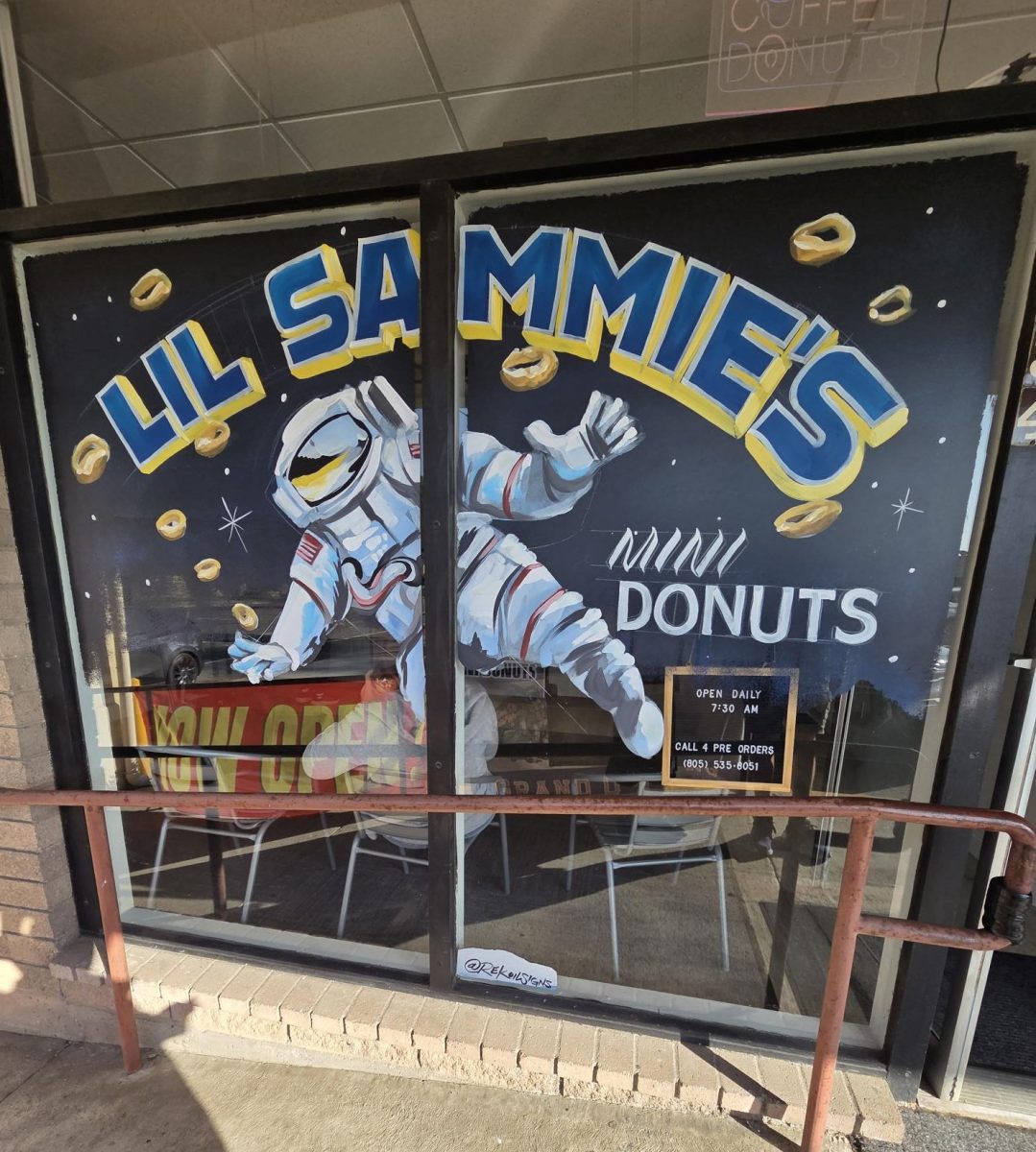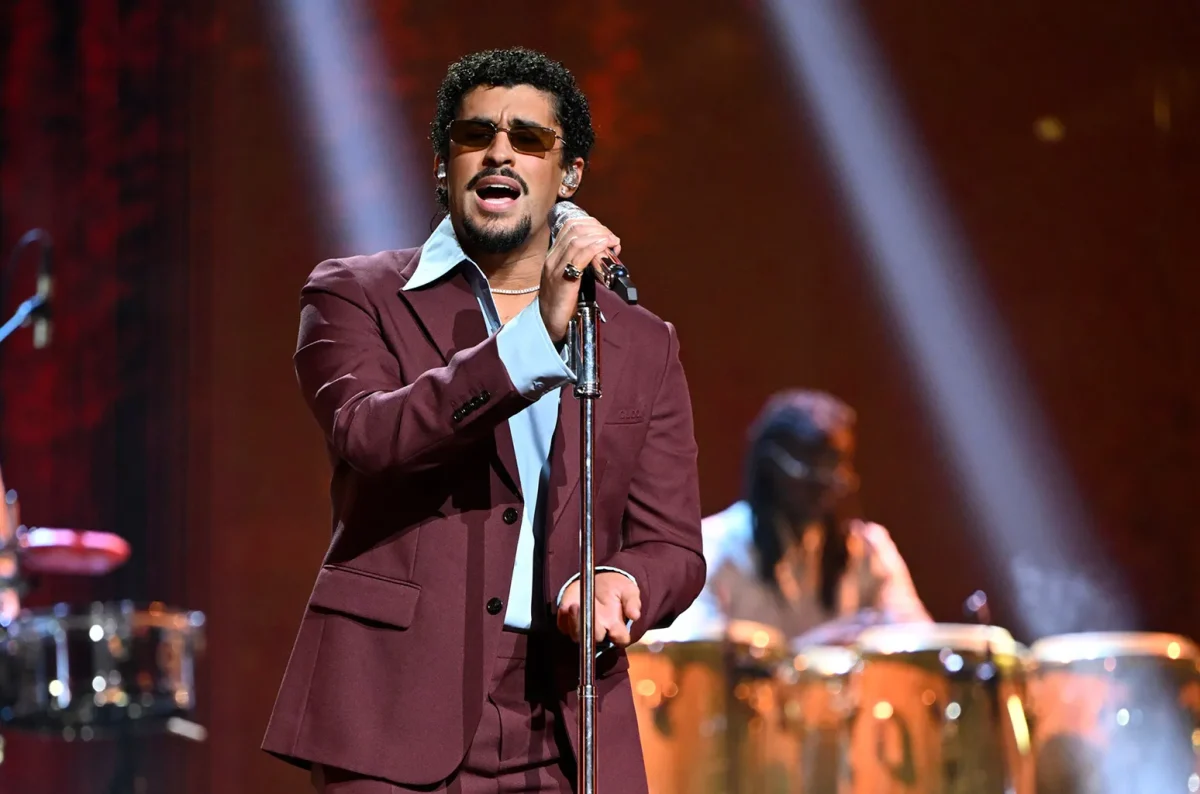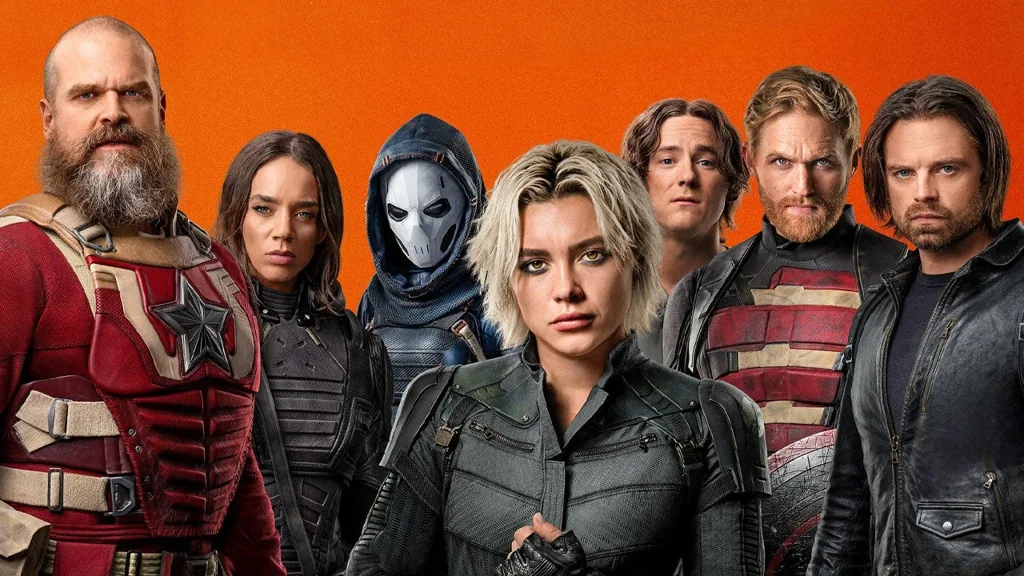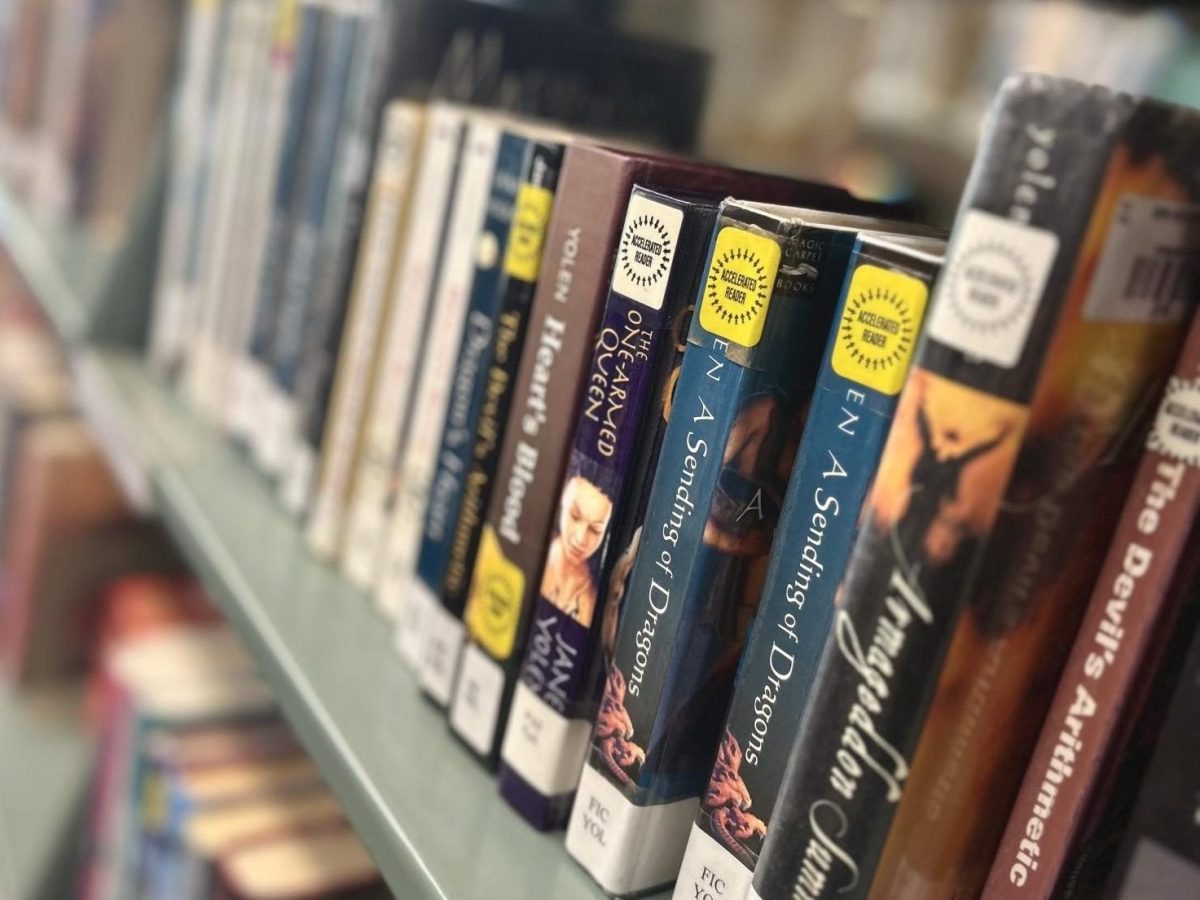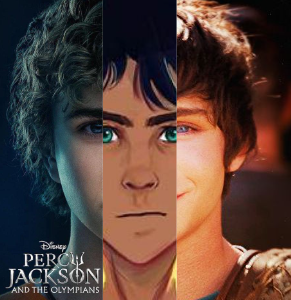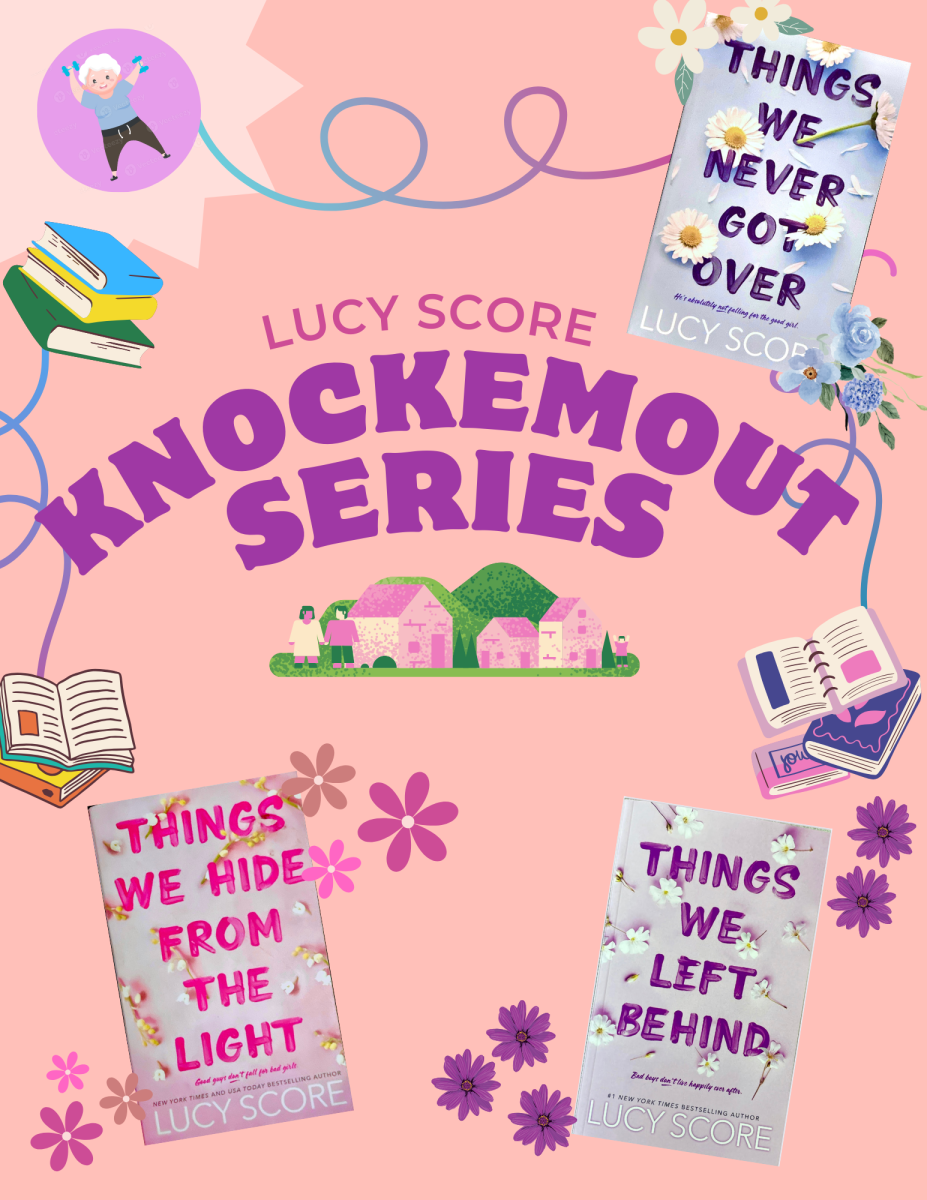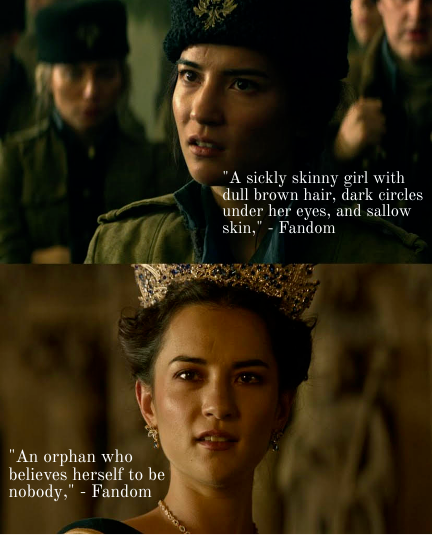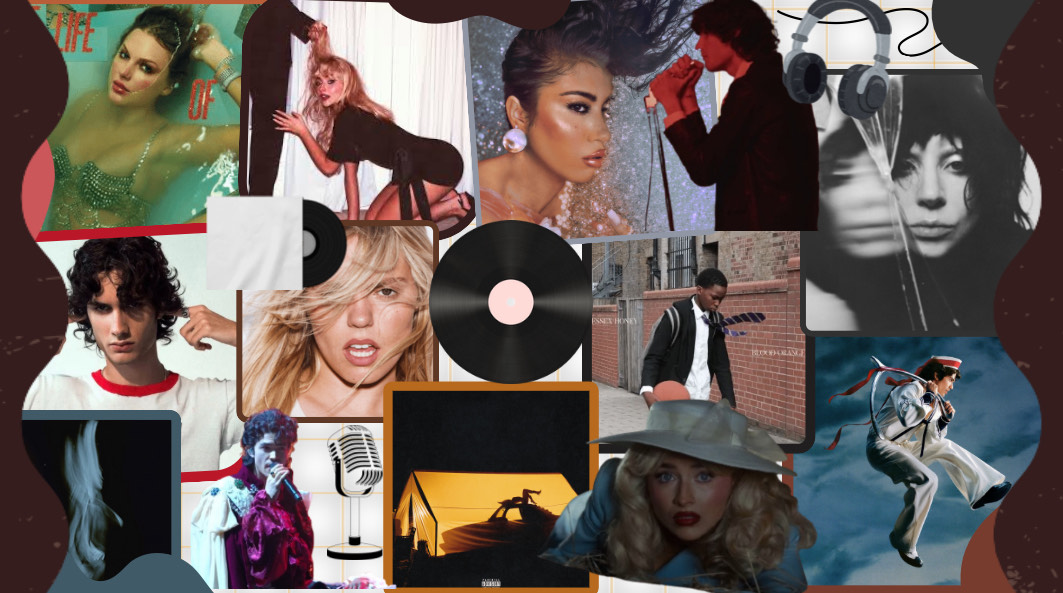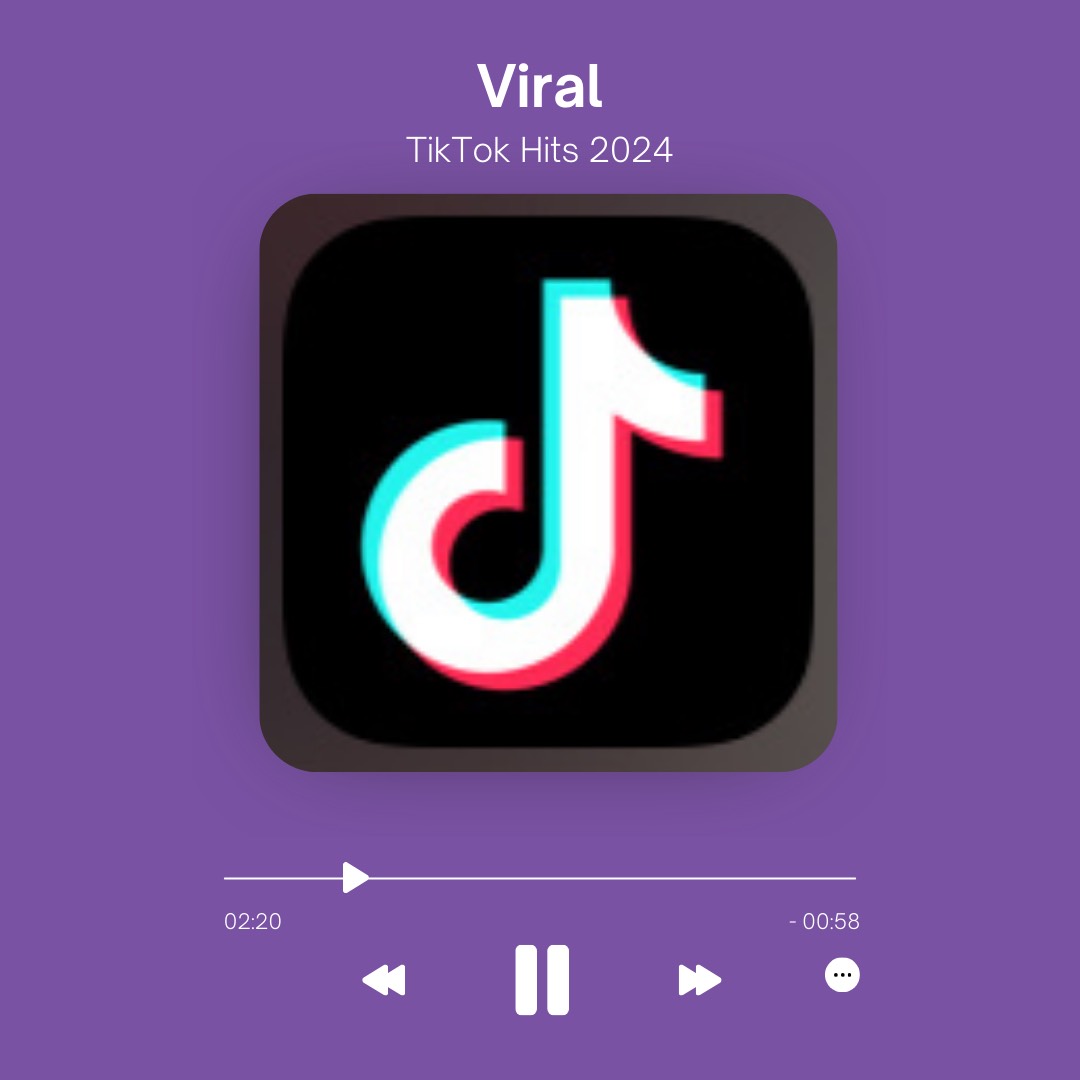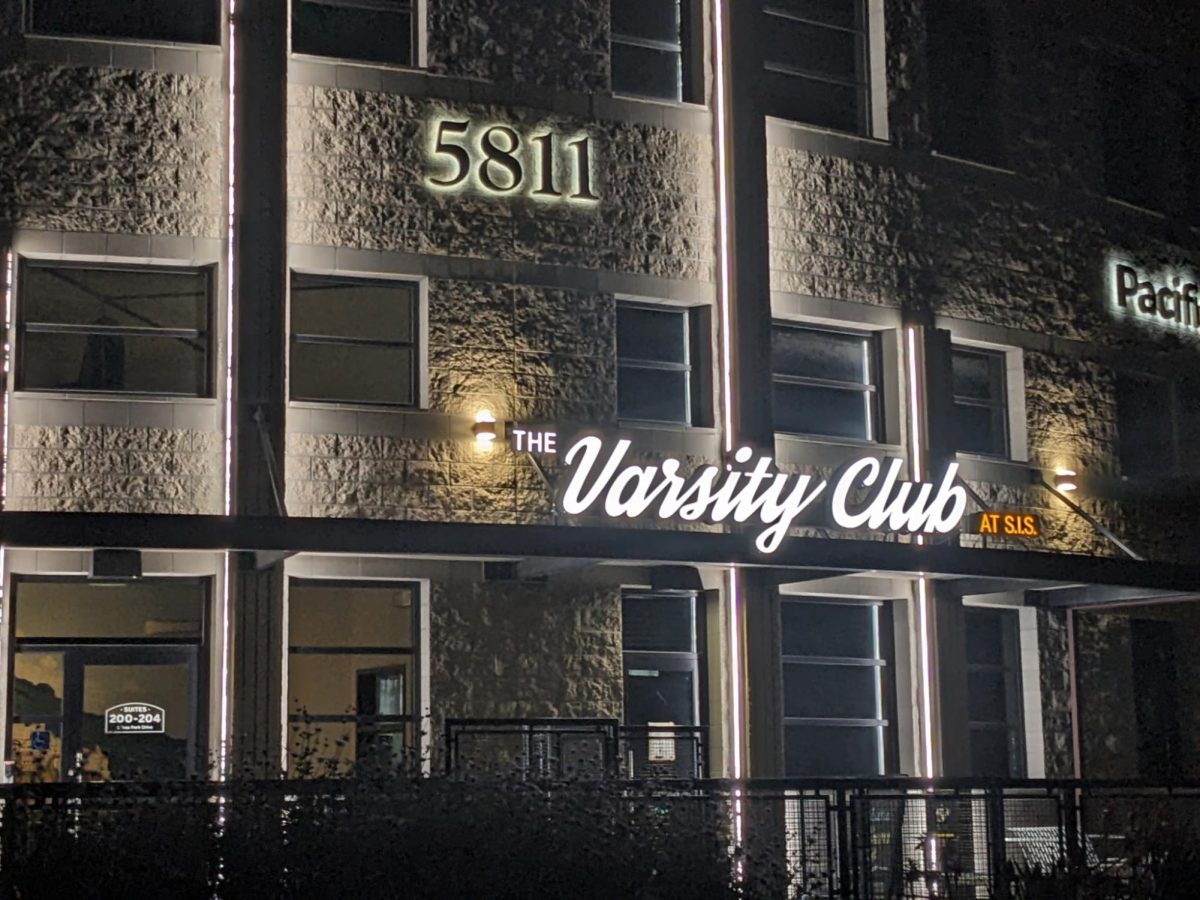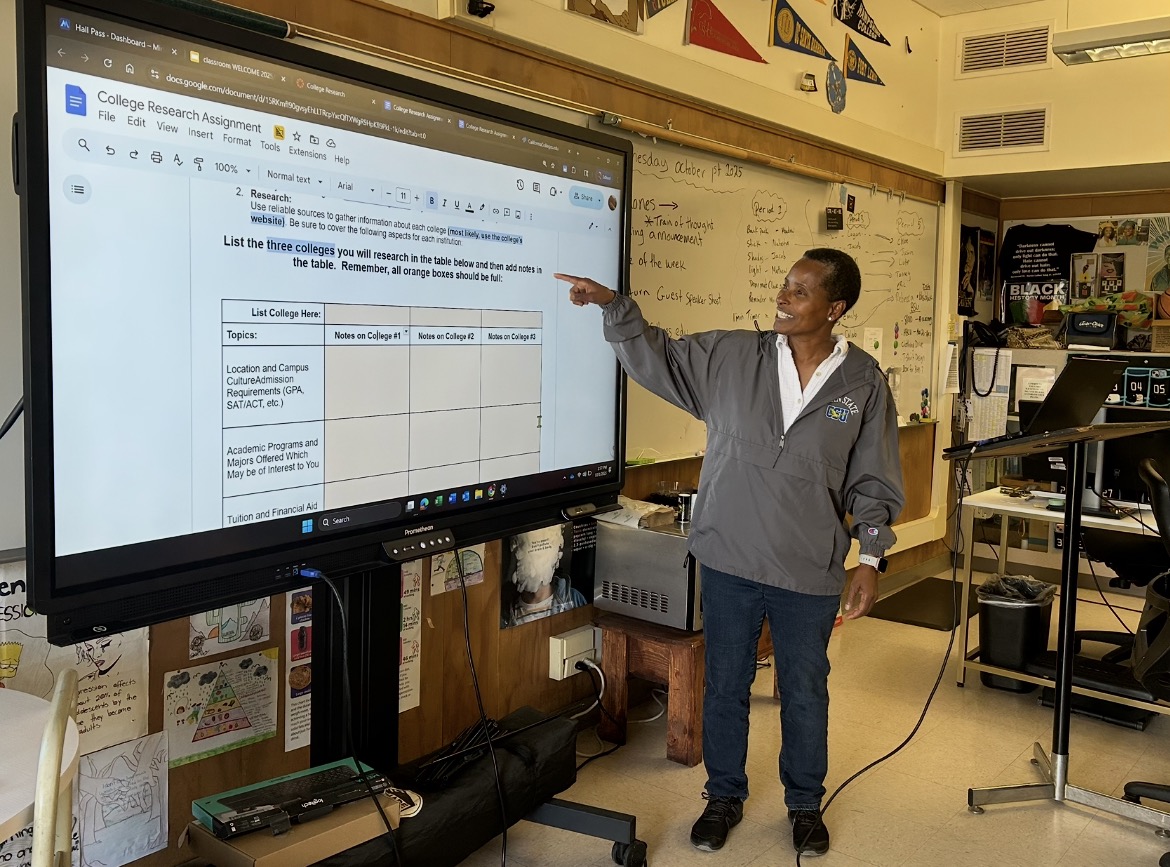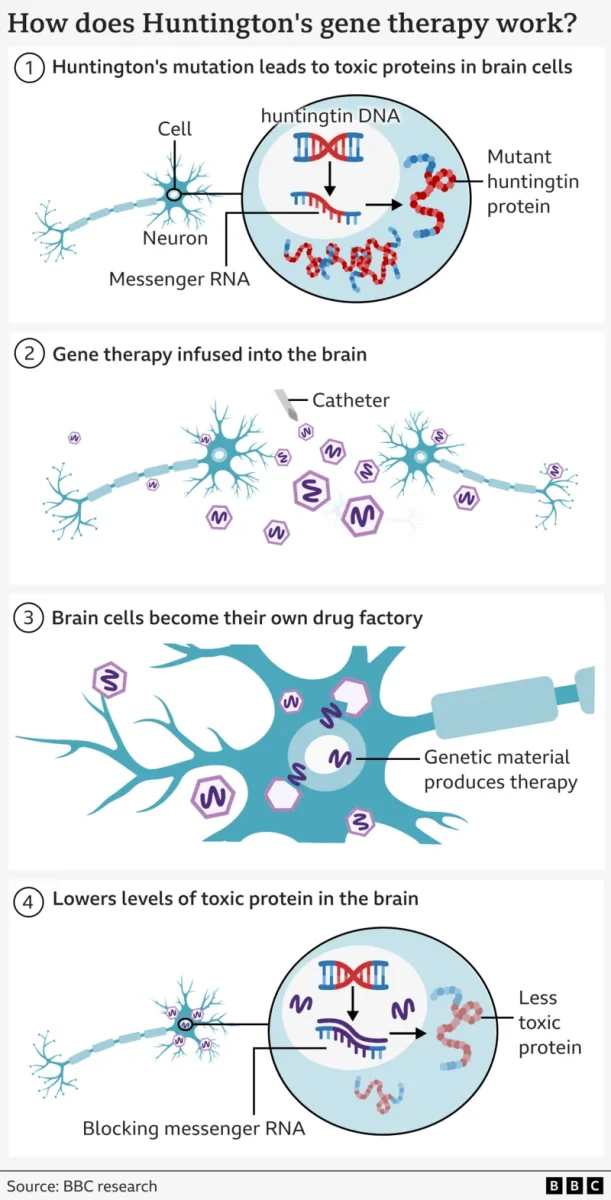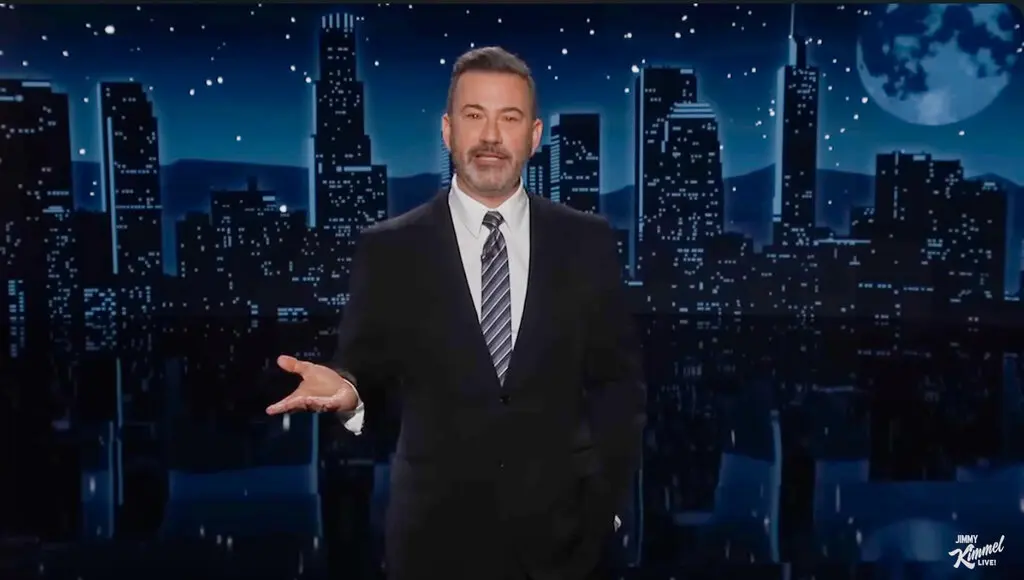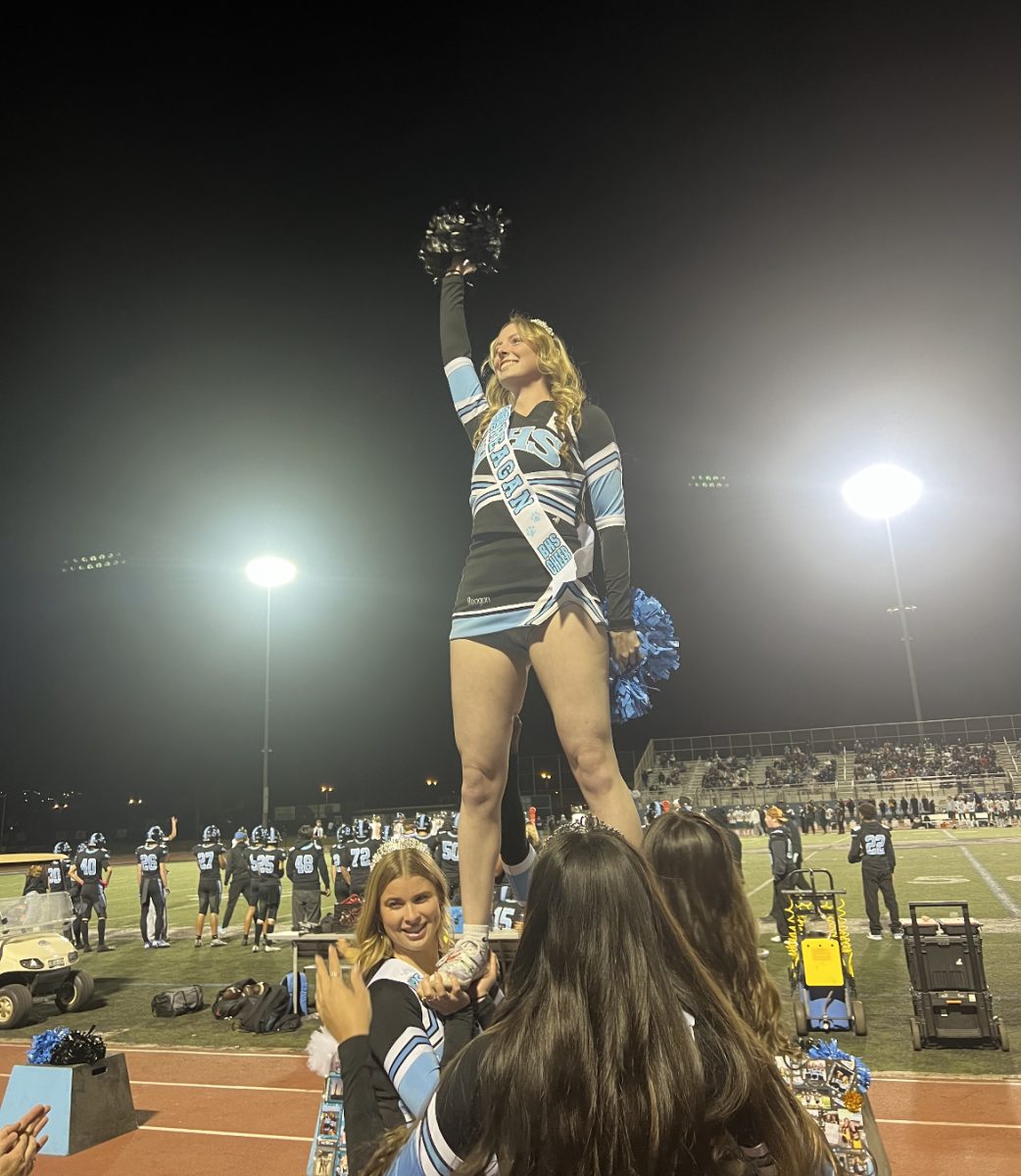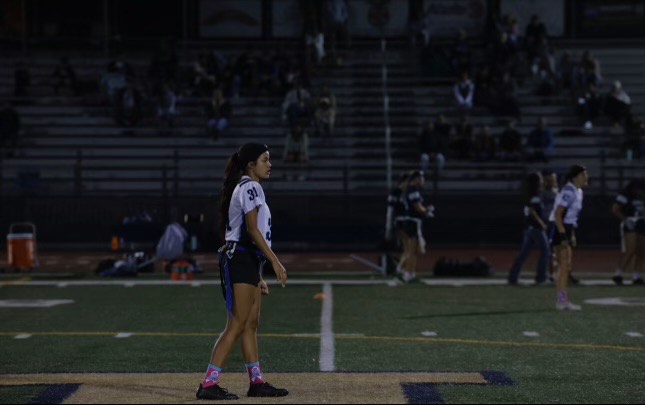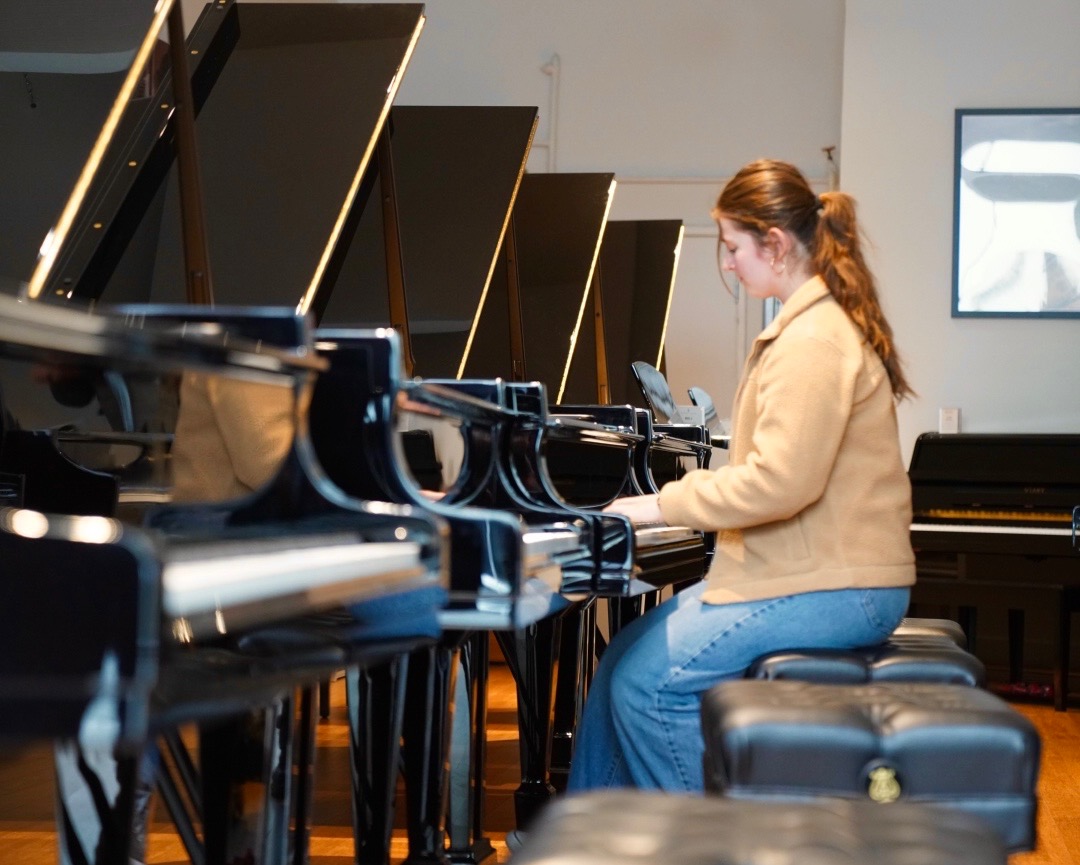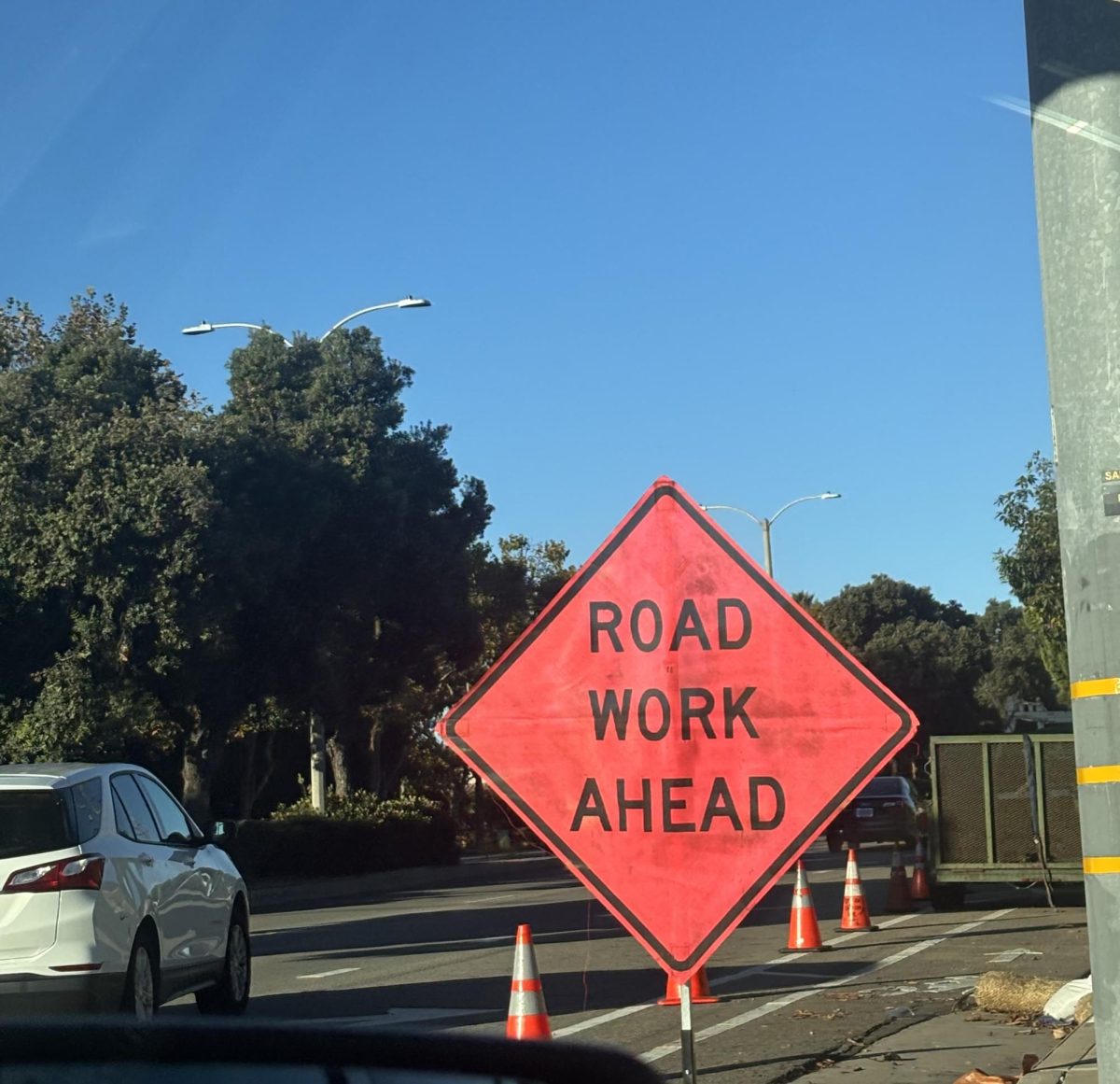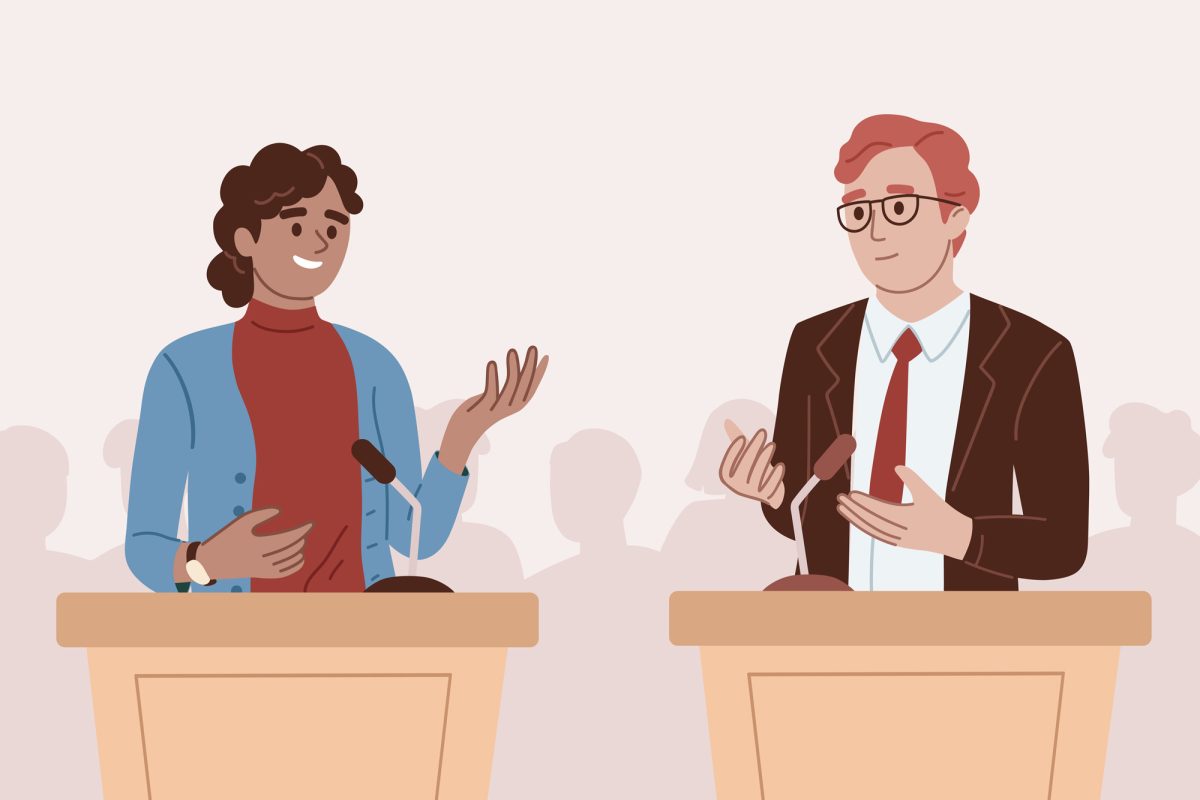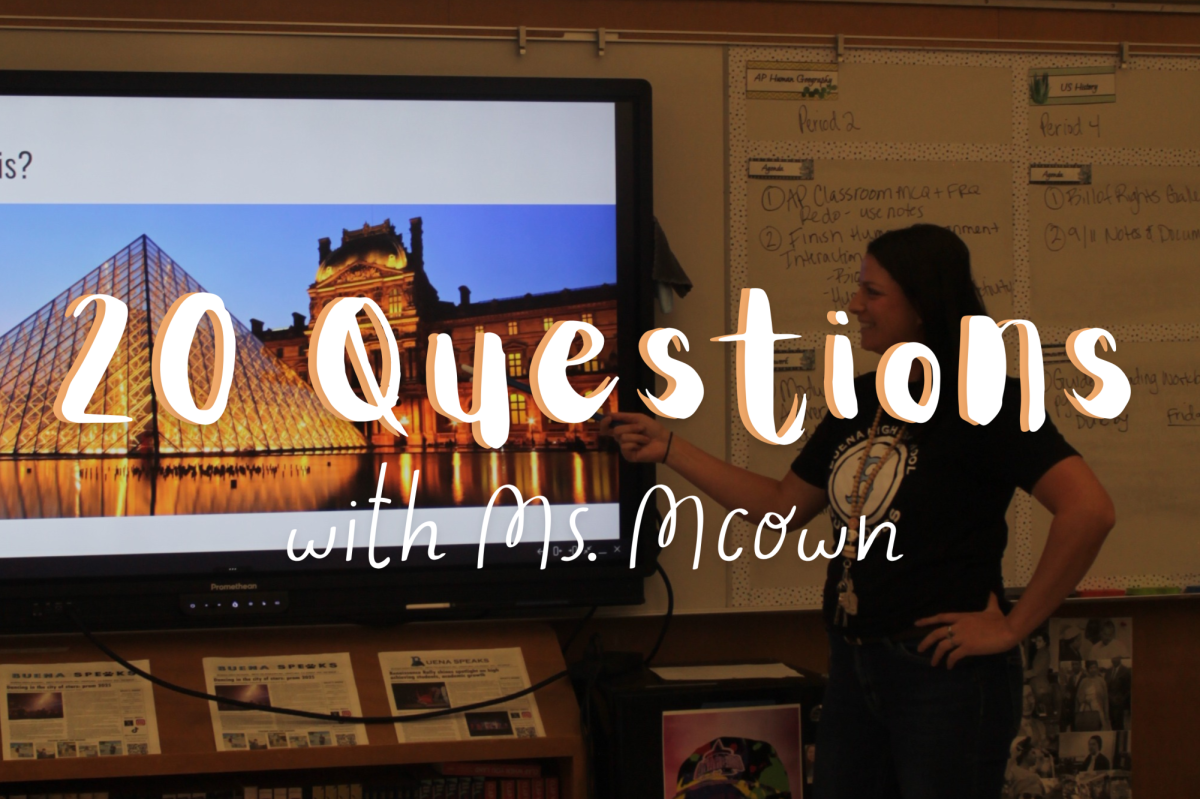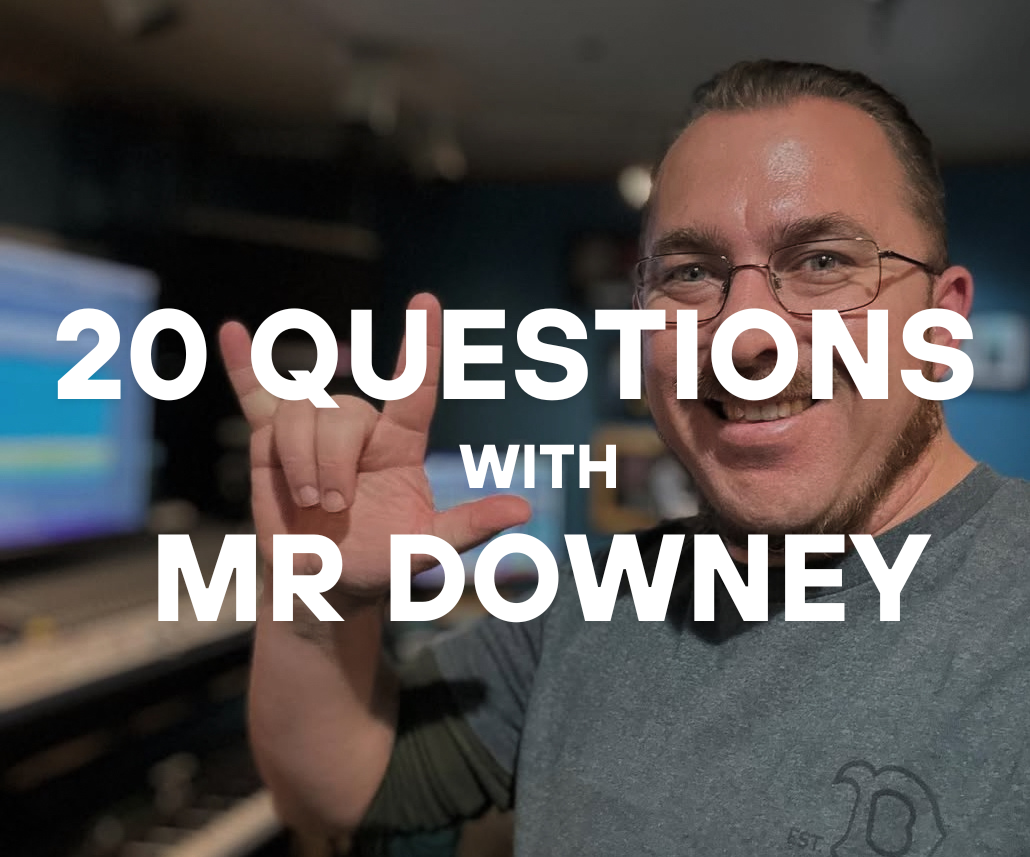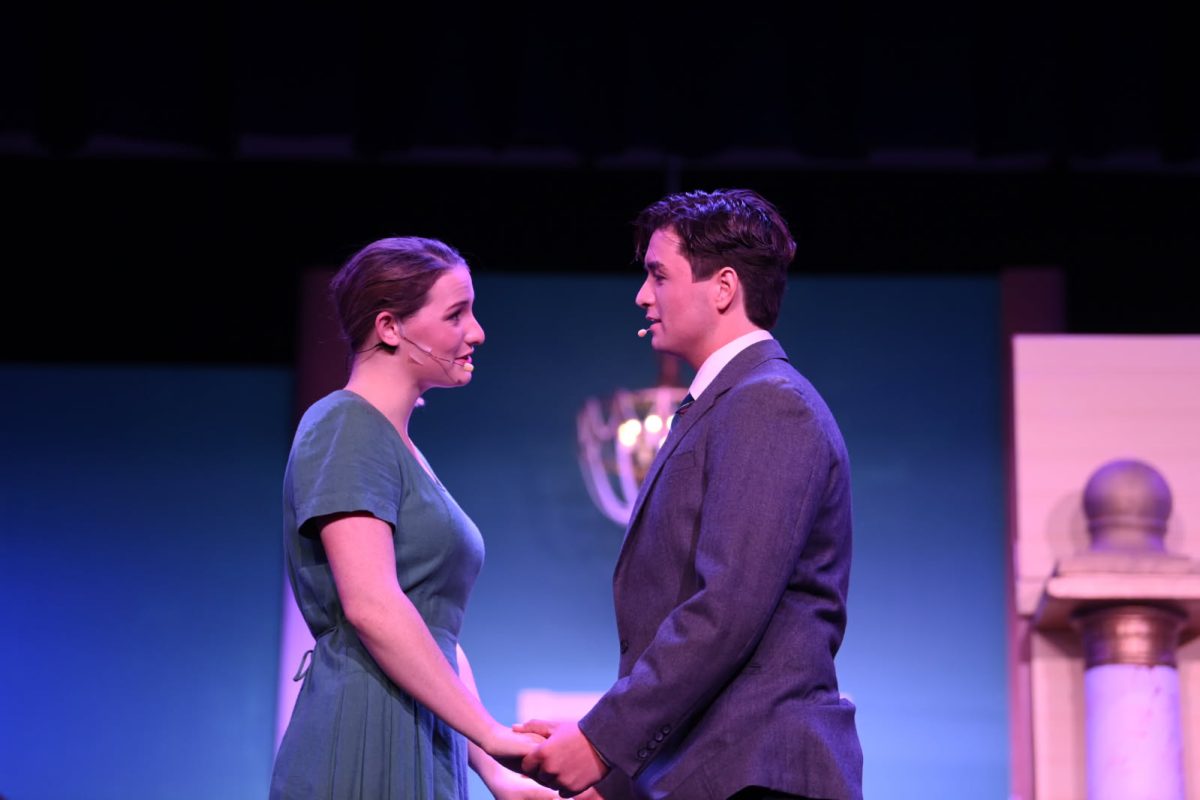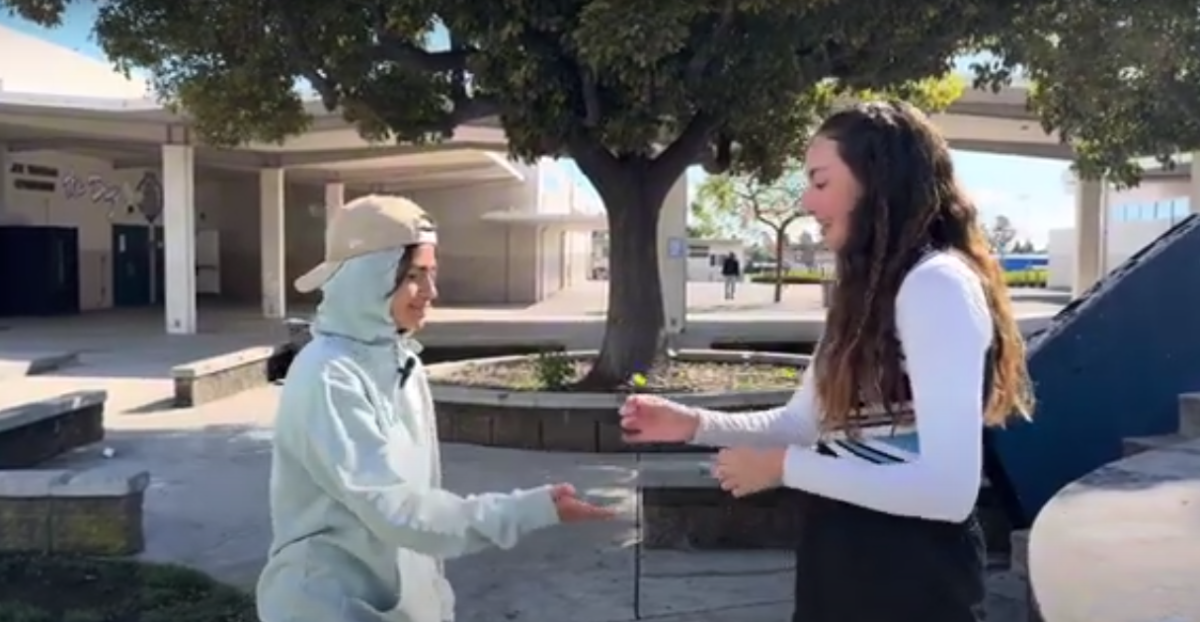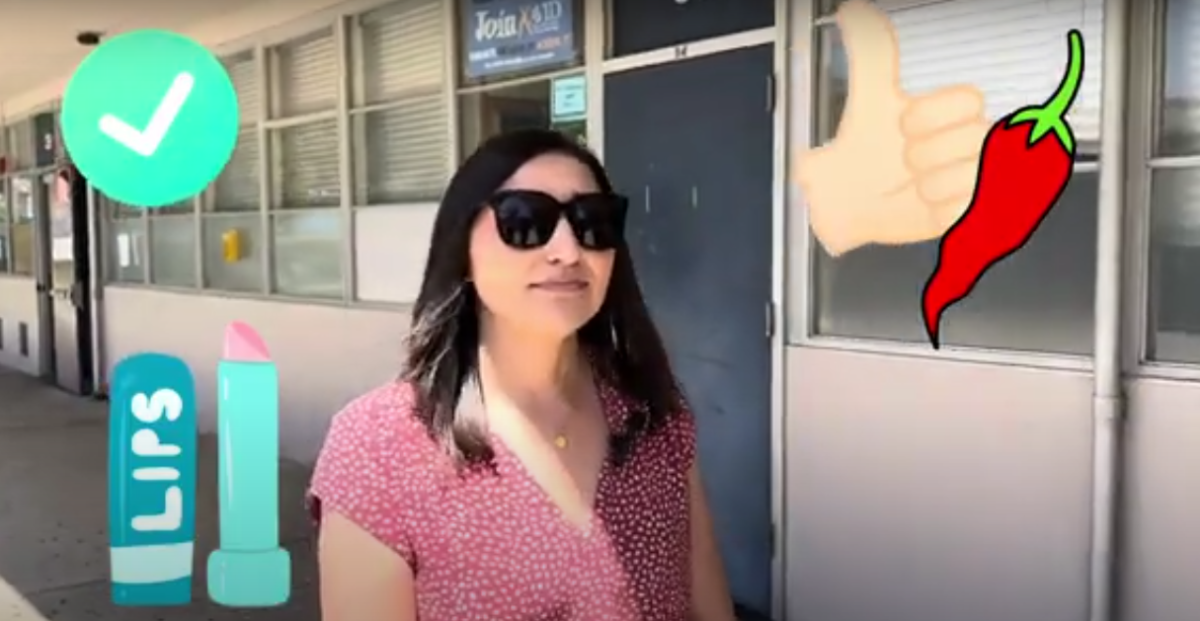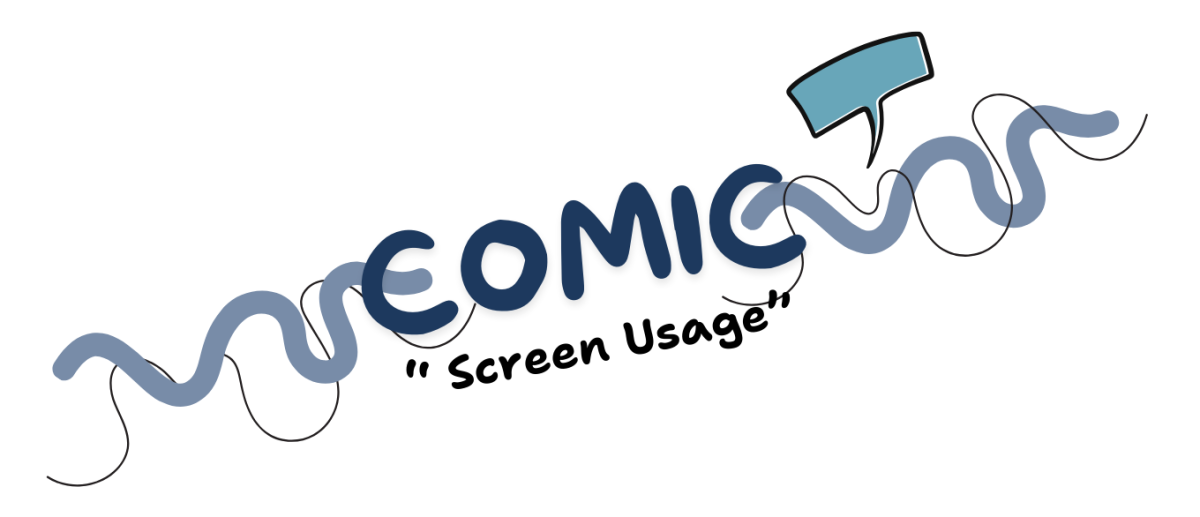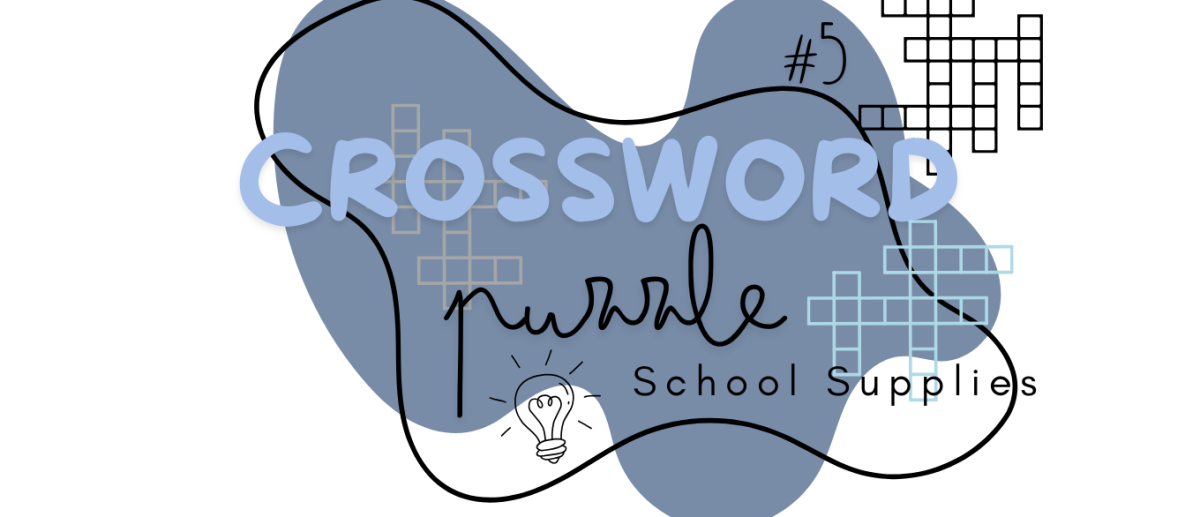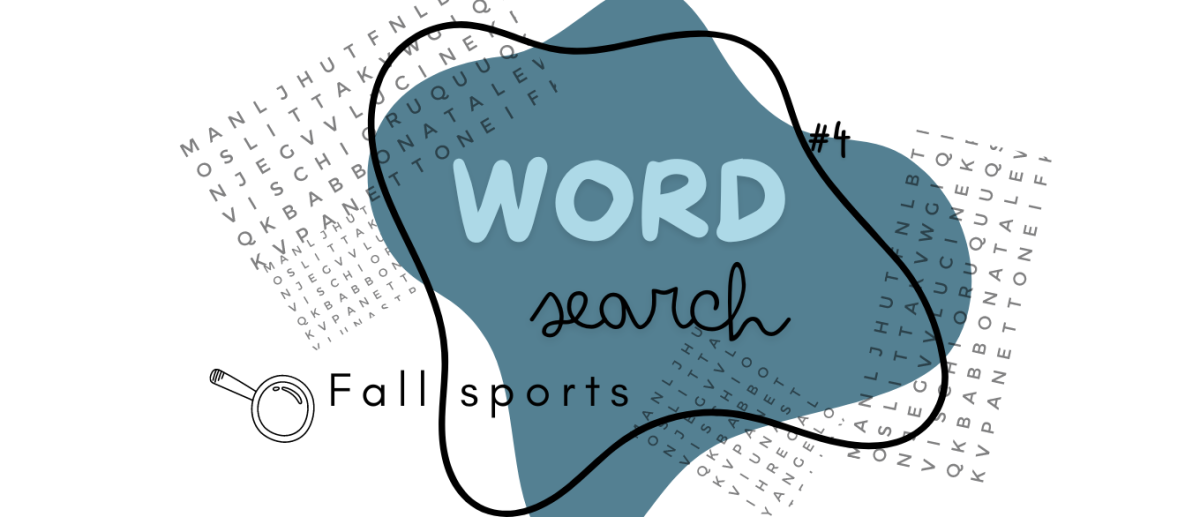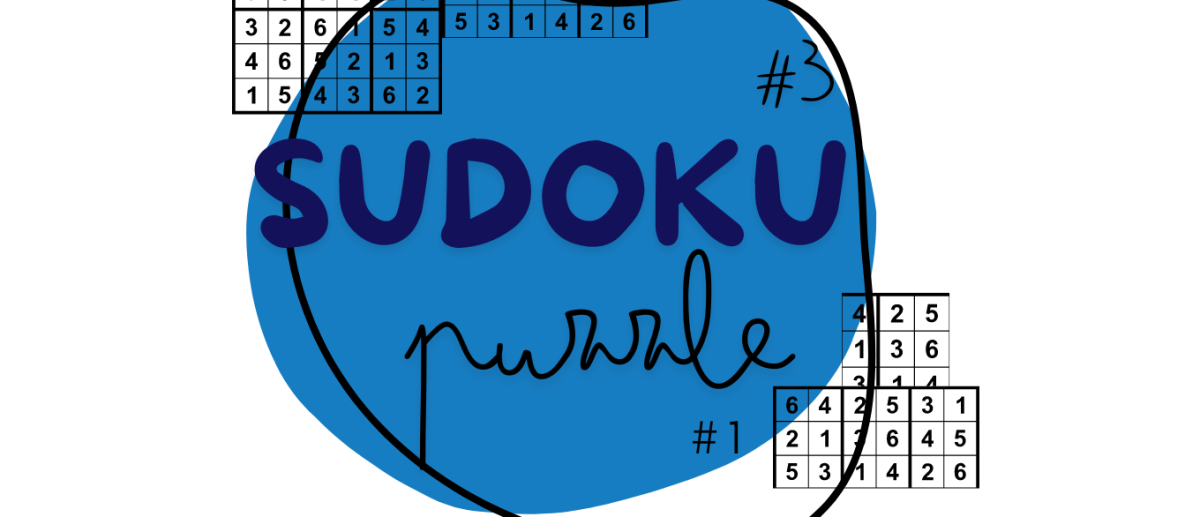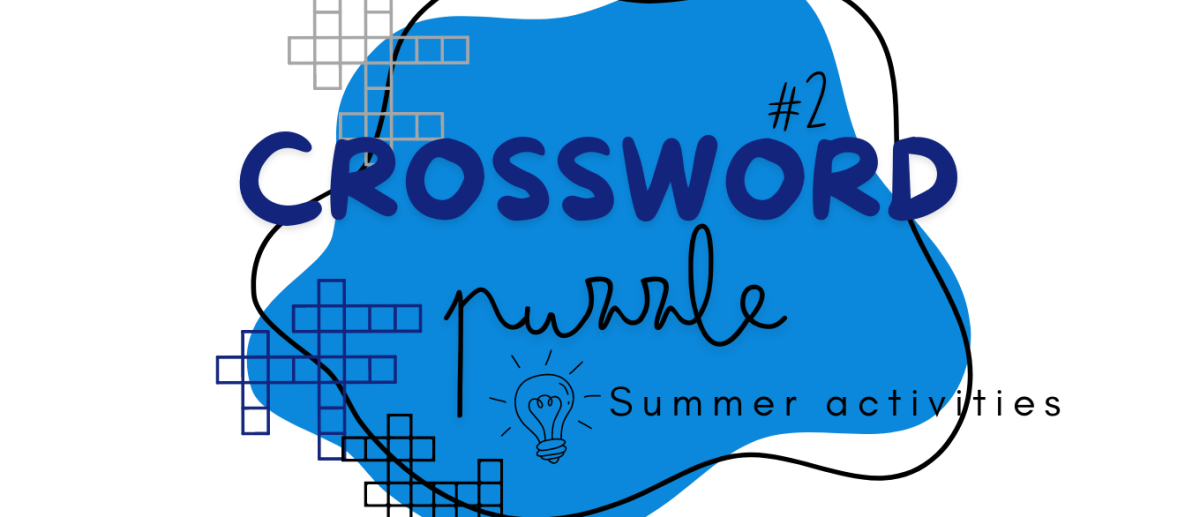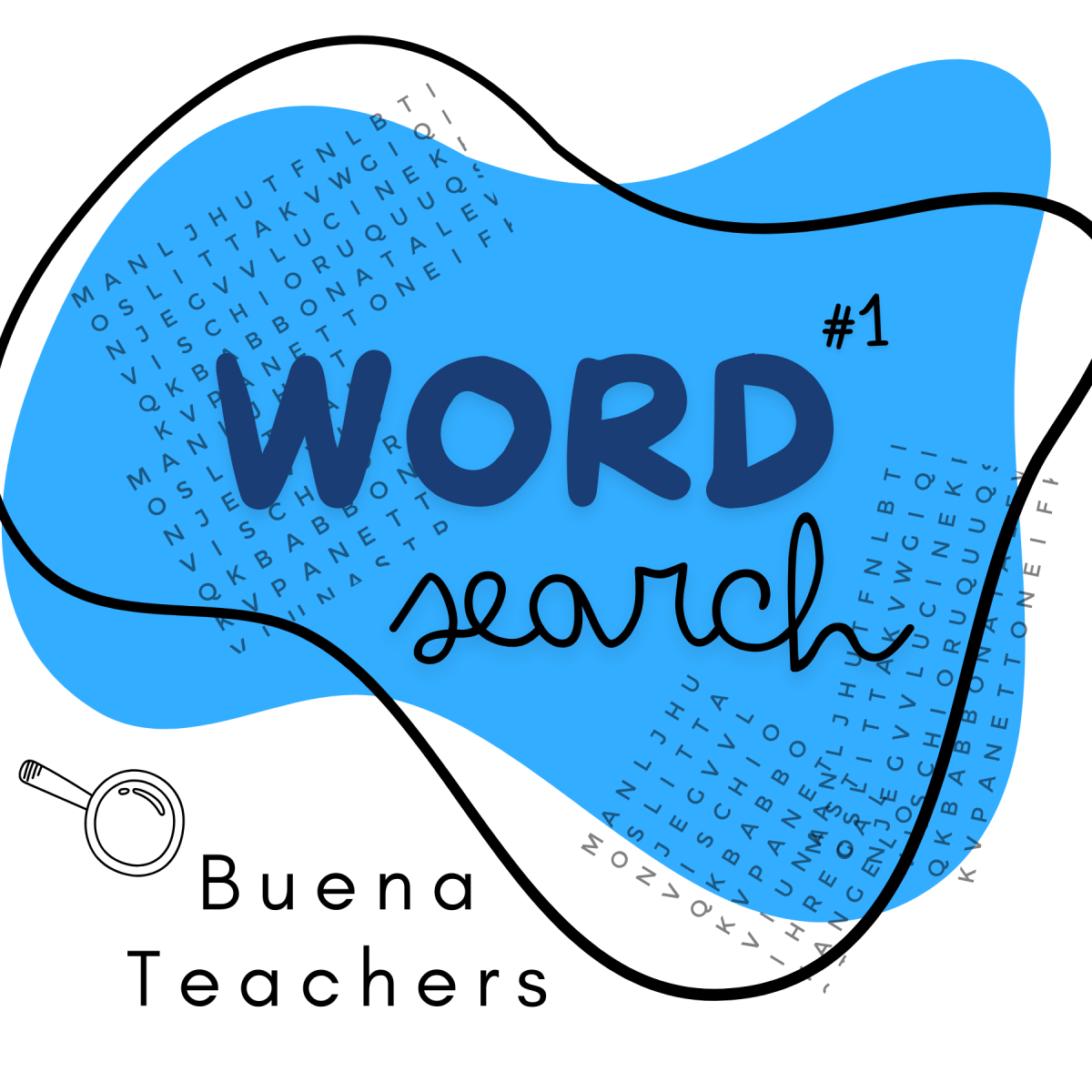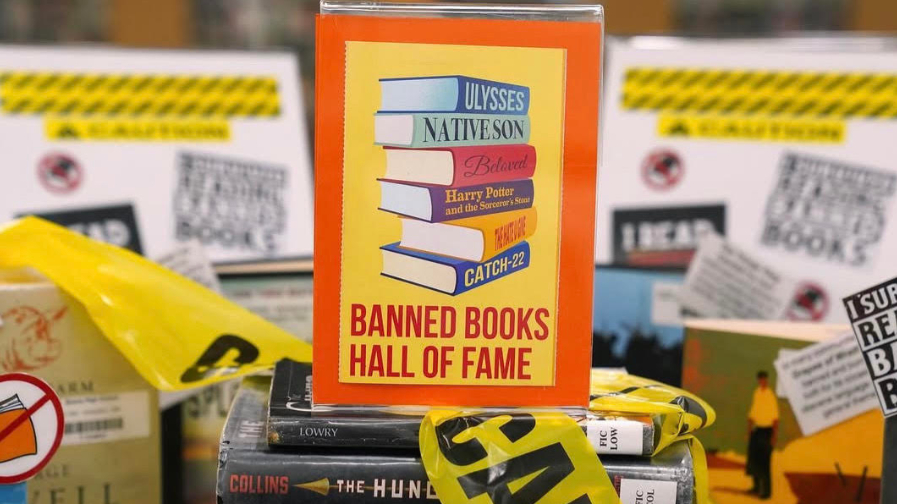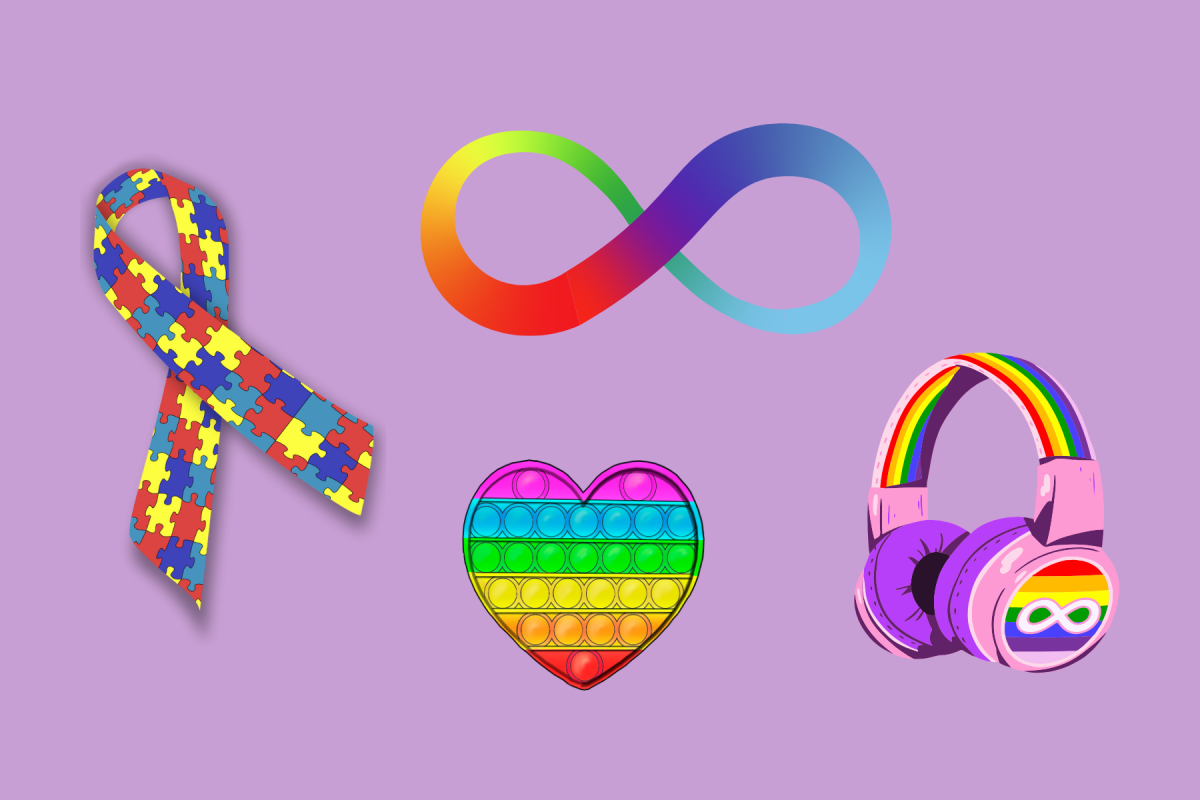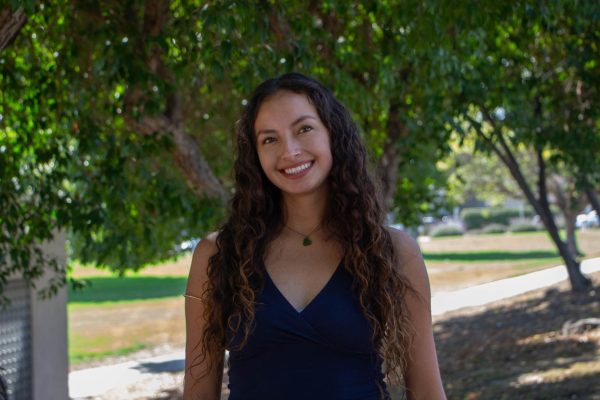Every year, dozens of books are being challenged or banned for containing what is seen as “inappropriate content” such as social and political themes, sexual content, media censorship, racism and gender identity. Under the first amendment, students have the right to intellectual freedom and free speech, which is threatened with the banning of these books; a blanket of soft censorship is forcing a belief on a larger community which limits the development of students’ opinions and knowledge about history and current events.
“1984”, “Of Mice and Men”, “Animal Farm”, “Lord of the Flies” and “The Giver” are examples of the most challenged books of all time. Outside of the middle and high school curriculum, “The Hate U Give”, “Gender Queer” and “I Know Why the Caged Bird Sings” have been banned in several states. These three books cover topics of racism and police brutality, gender identity, sexuality and slavery. Topics like these have been highly debated about, raising the question of whether or not they should be allowed to be taught and read to the new generation.
As a Gen Z student, I am learning about how our world works and growing my opinions on modern day events. Books are a crucial part of my peers’ and my development as active members of society that need to be informed about the past and potential future of our society in order to be participating members. Banning books limits the amount of information and intellectual freedom provided to students and young adults about the viewpoints that are out there. It creates existential thoughts about whether our view of society is skewed because we may only know what is not banned.
Books are a portal to the past and a look into the future that mold the beliefs and education that students have. The dark chapters of our country’s history involve slavery, war and heavy racism. The dark future of our country involves homophobia, discrimination and still, racism. While not every aspect of society is woeful, it is the reality of the world we live in today. Banning books with these themes blurs the issues we once faced and are currently facing, letting students grow up in a bubble protected from the imperfection of our country. We cannot learn from the past if we are unaware of it.
Aside from the education books give us, the journey of self-discovery through books is critical. Each book has the potential to resonate with readers who relate to its characters or have similar stories. The discovery of oneself is fueled through characters and stories in books that mirror what a reader is struggling with, believes in or experiences.
On the contrary, some argue that challenging books is exercising the first amendment right and that the banning of books is an expression of free speech. However, the true expression of free speech is banning a book within a household, not a community. If a book goes against what one may believe, then they simply should not read it. By pushing their beliefs on others, the right to intellectual freedom is threatened.
Books are continuing to be challenged unconstitutionally and it is a testament to how uneducated our society may be. Despite this, there are many movements fighting against book banning in the U.S. and the annual Banned Books Week ensures these stories and messages are not silenced under a blanket of soft censorship. The next time you are picking out a book, consider giving yourself the knowledge and education that is at risk by reading a banned or challenged book.

